
Addiction can have a significant impact on family relationships, and especially on the relationships between parents and their children. As we know firsthand, the effects of addiction can be devastating, and it can take a long time to repair the damage that has been done, but it is never too late to rebuild the bond that has been broken.
As a parent who has struggled with addiction, it is important to know that rebuilding relationships with your children is possible. Here are some of the negative effects of addiction on children, tips, and strategies that can help you rebuild relationships with your children that have been affected by your addiction.
Drug addiction can lead to incarceration, as I personally know all too well, and this can have long-term emotional and psychological damage on us and our children. Children of incarcerated parents are more likely to suffer from depression, anxiety, and behavioral problems. They are also at a higher risk of developing drug and alcohol addictions themselves. (Big Surprise! Look at us.) According to the National Institute on Drug Abuse (NIDA), children with incarcerated parents are five to six times more likely to end up in the criminal justice system than their peers. Furthermore, children of incarcerated parents are more likely to experience poverty and housing instability, which can lead to additional stress and trauma. That’s all I’m going to say on this one. Onward & upward.
When parents are under the influence of drugs, they may neglect their children’s basic needs, such as food, shelter, and medical care. They may also become violent or abusive towards their children. On a personal note, I do feel that there is some stigma surrounding this one, but it is my job to report the stats as I find them. We all know that just because you suffer from SUD, it does NOT mean you are a bad parent. We will leave it at that.
Violence in regard to any child can lead to physical and emotional trauma, which can have lasting effects on their children’s mental and physical health. According to a study by the National Institute on Drug Abuse, children of drug-abusing parents are up to three times more likely to experience abuse or neglect than children of non-drug-abusing parents. This statistic is particularly alarming considering that approximately one in eight children in the United States live with at least one parent who has a substance use disorder. Keep in mind these studies probably included marijuana as a substance of abuse. Just saying.
Long-Term Effects
Children of parents with drug addictions are more likely to develop mental health disorders such as depression, anxiety, and bipolar disorder. They are also at a higher risk of developing addiction later in life. The long-term effects of growing up in an unstable environment can be devastating and can impact every aspect of a child’s life, from education to relationships. Children of drug-addicted parents are also more likely to experience academic problems, including lower grades and higher rates of absenteeism. This can lead to a lack of opportunities and an increased risk of poverty later in life. Additionally, children of drug-addicted parents may struggle with forming healthy relationships, which can impact their social and emotional development. I know we can all probably attest to the accuracy of this one. I sure can.
Prevention and Treatment
It is essential for parents struggling with addiction to seek help to ensure that their children are not negatively impacted. By getting the necessary treatment, parents can provide their children with a safe and stable environment that will help them thrive. There are several resources available for parents who struggle with addiction, including counseling, support groups, and rehabilitation programs. Seeking help is not only beneficial for parents but also for their children.
Addiction is a complex issue, and overcoming it is not easy, but it is possible. By addressing addiction, we can break the cycle of intergenerational trauma and provide our children with a brighter future. It is also vital to educate parents about the long-term effects of drug addiction on their children and to encourage them to seek help before it’s too late for children and parents alike.
I sometimes look back on my childhood and wonder how on earth I made it through. It was nothing for my mom and her best friend to bring their four kids drinking and driving, and as children, we loved it. Cruising back roads, no seat belts on, Cher, G&R, or Garth Brooks blasting out the radio while the moms chugged Bud, chain-smoked butts, and passed a bowl back and forth. Times were so different. This was not HEAL-thy, and it was not okay, but we did survive it, and look how we turned out.
I alone have always remained accountable for my addiction, but I know most of us had these parents or single moms that got a little too tipsy on the wine or whatever. I could not in a million years imagine putting my children through one day of my childhood, not even the best one. My bet is that most of you feel the same. What does that tell us?
the Effects of Addiction on Children: How We Can Help Them Heal
As parents, we have a responsibility to ensure that our children grow up in a safe and nurturing environment. Unfortunately, when we struggle with drug addiction, our children often suffer the most. Addiction is a disease that doesn’t just affect the person using drugs but also those around them, especially children. Here are some ways that we can aid our children in healing and begin to repair the damage caused by our addictions.
1. Acknowledge the Damage You Caused and Be Accountable
The first step in repairing your relationship with your child after addiction is acknowledging the damage that has been done. This means taking responsibility for your actions and the impact they have had on your child(ren). It’s important, to be honest with yourself and your child about the ways in which addiction has affected your relationship. This can be a difficult and emotional process, but it’s necessary in order to move forward and begin the healing process. This can be a difficult conversation, but it’s important to express and emphasize your regret and remorse for the hurt you have caused. It’s also important to let your child know that you are committed to changing and that you will do whatever it takes to make things right. If you need some guidance on how to begin the convo, check out this post on A Very Well Mind.
The first step in rebuilding trust with your children is, to be honest about your addiction and its impact on yourself and on them. Children are often more perceptive than we give them credit for, and they may be aware of more than you think. Admitting your mistakes and taking responsibility for your actions is crucial to rebuilding the relationship. It is also important to let your children know that you are working on your recovery and are committed to making things right.
We already know that an apology won’t heal the wounds that we’ve caused, but it will help the process along. It took my mother twenty-plus years to formally apologize to me for things that happened throughout my childhood, but I can’t tell you how much it meant to me. I never thought about an apology or any kind of closure because I never knew that I needed it or deserved it. When my mom apologized, it was also an acknowledgment that she knew I had suffered at her hands, and that finally made healing an option for me.
Not only will it do wonders for your children’s healing process, but it will help you heal as well. It’s a horrible feeling to know that our child is hurting and we are to blame. It can be a small comfort to know that we have been able to bring them at least a little peace of mind. It’s definitely a tall order, and some very powerful emotions are going to surface, but we all know that our children are beyond worth it. They are our beating hearts walking around outside of our bodies, and they deserve everything we can give them and more.
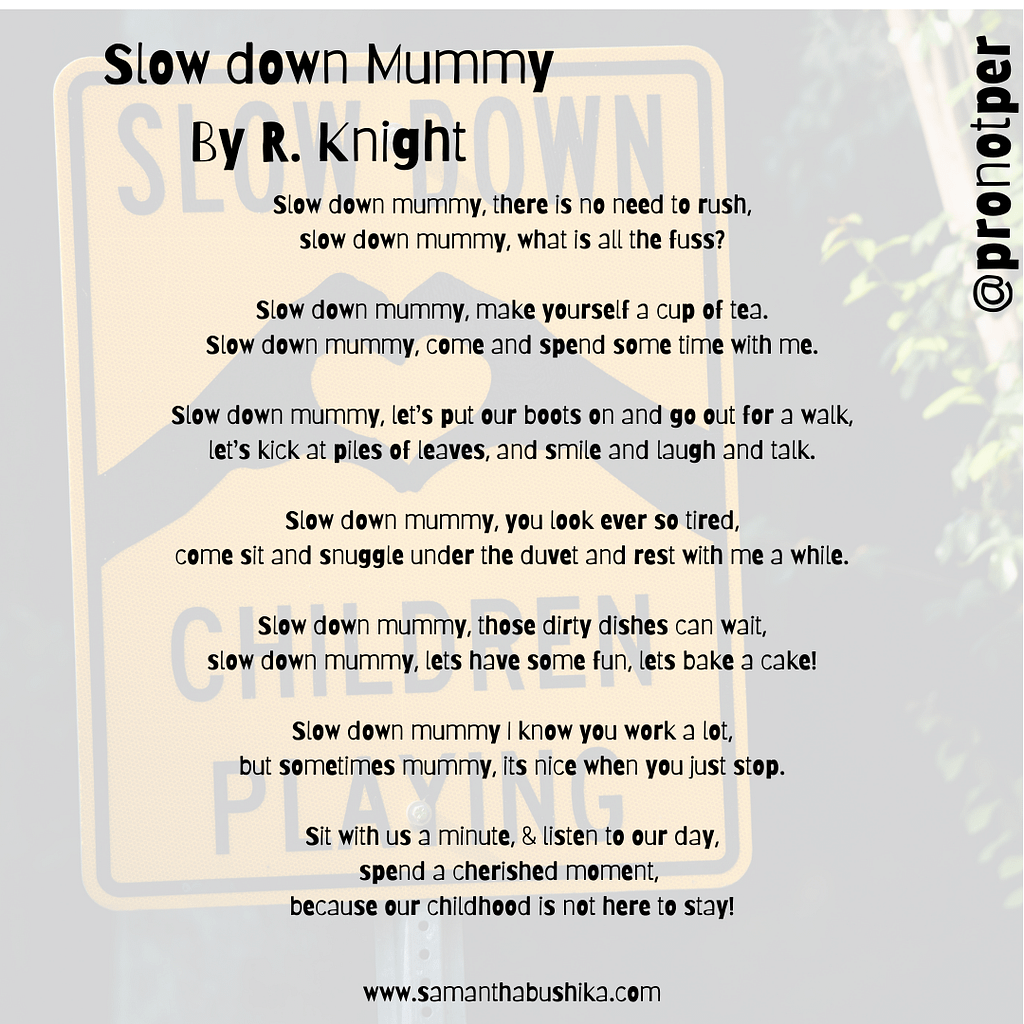
Spend quality time with your children doing things that you both enjoy. This can be anything from going for a walk, watching a movie, playing a board game, or cooking together. The goal is to create positive experiences that will help rebuild the bond that has been broken. It is also important to be present and engaged during this time and to show your children that you value and cherish the time you spend together.
It is so important. Right now, with the way kids are acting, the future is beginning to look questionable for humankind. They need us so badly. It reminds me of this poem (above) that a friend of mine posted on FB before she overdosed. Her name is Lakeisha/Keisha, and she had a young child and just had a baby not long before she passed. The poem is called Slow Down Mummy by R. Knight.
This poem had a profound effect on me because I am always go, go, going. Whenever my kids ask me for attention or to play, and I am working, I think about this poem and believe no matter what I am doing, I stop to give them the attention they desire. Print this poem and hang it near your desk or wherever you think you need to see it because, as I am learning, raising children is the most bittersweet experience there is.
Communication is key in any relationship, and especially in the relationship between parents and children. It is important to listen to your children and be open and honest with them. Ask them how they feel and what they need from you. Let them know that you are there for them and that they can always come to you with any concerns or questions. It is also important to communicate your own feelings, thoughts, and needs to your children in a loving and empathetic manner.
I also want to stress the importance of being able to show vulnerability. Your children will see that you are sincere and though difficult, children will benefit from knowing that mom/dad is human and humans are imperfect. It’s ok to cry and let them cry. Hold them and let them know that NOTHING can ever change the magnitude of your love for them.
Though patience is not a strong suit for many of us, rebuilding relationships takes time, and it is important to be patient. It may take some time for your children to trust you again, but if you stay committed to your recovery and to rebuilding the bond, it will happen. It is important to remember that healing is a process and that setbacks and challenges are a natural part of that process. Try to be patient and understanding and avoid getting discouraged if progress seems slow. Keep in mind that addiction destroys showing gratitude because you have managed to make it out to be here to rebuild your relationship with your child(ren) will bring many benefits.
It is important to set realistic expectations for yourself and your children. As I mentioned above, rebuilding relationships takes time, and it may not happen overnight. It is important to be patient and to take things one day at a time. Avoid putting too much pressure on yourself or your children and focus on taking small but meaningful steps toward rebuilding the relationship.
One of the most important steps in repairing a relationship with your child after addiction is practicing active listening. This means giving your child your full attention when they are speaking without interrupting or judging them. It also means reflecting back on what they have said to ensure that you have understood them correctly. Active listening can help your child feel heard and validated, which can go a long way in rebuilding trust and connection. It may also help you better understand your child’s perspective and feelings, which can lead to more effective communication and problem-solving.
Setting boundaries is crucial in repairing a relationship with your child after addiction. This means being clear about what behaviors are acceptable and unacceptable and communicating those boundaries to your child(ren). It also means enforcing consequences when those boundaries are crossed. Boundaries can help establish trust and respect in the relationship and can also help your child understand the importance of accountability and responsibility. However, it’s important to remember that boundaries should be set in a loving and supportive way rather than a punitive or controlling way.
Kids are always testing threshold limits. It’s not uncommon for children to use experiences or circumstances to their benefit. They may try to use your addiction against you in an attempt to get what they want from you. You should let them know from the beginning that this is completely unacceptable and will not be tolerated. Don’t let your child use your shortcomings to make you feel guilty and succumb to their wishes. Set your boundaries and enforce their respect.
One of the most important things you can do to repair your relationship with your child after addiction is to show them unconditional love and support. This means being there for them, even when they make mistakes. It means listening to them without judgment and offering encouragement and praise when they make progress. It also means being patient and understanding and recognizing that recovery is a process that takes time and effort. By showing your child that you love and support them no matter what, you can help them feel valued and respected and build a stronger, healthier relationship.
Repairing a relationship after addiction can be a complex and challenging process, and it’s important to seek professional help and/or guidance from a trusted friend/family member/sponsor. A therapist or counselor can provide guidance and support as you work to rebuild your relationship with your child. They can also help you develop healthy communication skills and coping strategies to manage any challenges that may arise. Additionally, support groups for families affected by addiction can provide a safe and supportive environment to share experiences and learn from others who have gone through similar situations. Remember, seeking help is a sign of strength, not weakness.
Rebuilding relationships with your children can be a powerful motivator for your recovery. However, it is important not to let it negatively affect your recovery. Make sure to continue to prioritize your recovery and seek the support you need. Consider the pain that your child(ren) endured throughout your addiction and develop thick skin. I frequently like to say that hurt people hurt people, and this is especially true of children who have not yet learned the proper emotion regulation techniques to allow them to process pain in a HEAL-thy way.
Go into it knowing that hurtful things will be said, but as bad as you feel hearing those words, your children felt ten times worse as a direct result of your actions. Allow them to say what they have to say and encourage them to move forward WITH you, not against you. Remember that your own health and well-being are essential to being the best parent you can be. To check out some interesting Stats, check out my post on shocking opioid addiction statistics and my other on opioid myths.
I know the pain of being separated from a new first child, and I wouldn’t wish that on my worst enemy if I had one. I have been through a lot in my life. I can tell you that nothing even compares to the pain of being away from a new baby. Being away from your child. The powerlessness and hopelessness of the situation leaves a raw within you that never quite heals. Even just thinking about it now, I remember the feeling, and to me, it was its own kind of trauma. Every day had its own struggles without her, and I did get to see her every other week for four hours. Not even close to enough.
I remember everyone telling me that she wouldn’t even know. Pat has a video that he took with his sister’s phone where he showed her a video of me, and she started kicking her legs and her feet and smiling and babbling. Then he takes the video away, and her little face scrunched up immediately. He brought the video back to her, and again she started giggling and kicking those feet. He did it three times, and that told me everything I needed to know. I will never leave my children again. Not for nothing.
“Sometimes, we may discover we helped the wrong person, but that should not be a reason to stop helping other people in need, even though we were fooled previously. If you want to do good, there are opportunities everywhere. Don’t let the fools spoil your good heart.”
-Nico J. Genes
I am a survivor that will not let my addiction define me and I am capable of making positive changes in my life. People look at me and see STRENGTH defined.
If you are or have gone through this and have some insight you want to share, please do so in the comments below. If you need support, please visit our forums. If you want to offer support, please visit our forums. You can find the PNP Forums here. If this post resonates with you, please like, comment, share, subscribe, and be sure to register to become a part of the PNP community. It all helps so I can continue to create great content for all. Light & love, friends!
If you might be interested in seeing more of my work, I recommend the following:
Integrating My Shadow with Free Shadow Work Prompt Journal PDF
The Benefits of Meditation for Those of Us In Addiction Recovery
Check out some of the things I am LOVING ATM…
**I include affiliate links throughout this blog post. While they come at zero cost to you, they help support my work. I only ever promote companies I personally use, love, and that I believe will benefit my readers. All products are items that myself and/or my family and/or friends use and love. I stand by my recommendations. If you buy through links on this page, I may earn a small commission. I appreciate you!**

ADHD Peeps: As you may know, I struggle with ADHD. Notion is a productivity app where you can keep all those jumbled thoughts in order. I can’t tell you how much this has changed my life. I had to see if they had an affiliate program. It’s a great space to capture thoughts, manage different lists and/or projects, create databases, keep track of your dreams and projections, and even run an entire company. They have an ADHD focus planner template that is backed by science that is designed to “…cut through the noise and fix your focus.” I also love that they have so many different templates. You can add images, colors, and personalize it in so many ways that it’s interesting. Just don’t get distracted. Lol. I’m adding some images of my personal Notion so you can get an idea of the folder and subfolder layout. Pssstttt… They also have an awesome Ai add-on that can write for you. (See affiliate disclaimer above.)
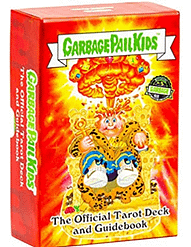
When I saw these, I was literally so happy I began making a spectacle of myself. (I get loud when I’m excited.) If you are one of my fellow lightworkers out there and need to get a call out, this is definitely the way to go, especially for those of us that are 80’s kids. I would have sold my soul for a pack of GPK cards when I was a kid. They were the coolest thing out there, even cooler than Zelda and walking around with your boombox. Lol. These cards carry special meaning for me, and it helps that they are adorably disgusting in their future professing prophecies. (See affiliate link disclaimer above.)
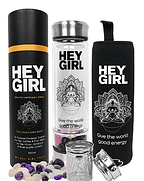
I have purchased five of these because they make amazing gifts. I purchased them for my nieces and my stepdaughters. If you are familiar with any of Dr. Masuro Emoto’s studies on water consciousness, then you are aware of how beneficial structured water can be for us. This water bottle is a great conversation piece. Every time I have this bottle, people ask me about it. Everybody loves it, and I do too. What do you guys think?

I saved for these, and they were also worth it. They were my self-care. Lol. I reward myself every once in a while because being a mom can be a thankless job. We totally deserve to spoil ourselves once in a while. These are very well made and will last forever. I love Coach shoes, and I have a lot. I buy them on Poshmark, but they aren’t new. I bought these ones new, and I do not regret it. I get compliments every time I wear them. Check them out. (See affiliate disclaimer above.)

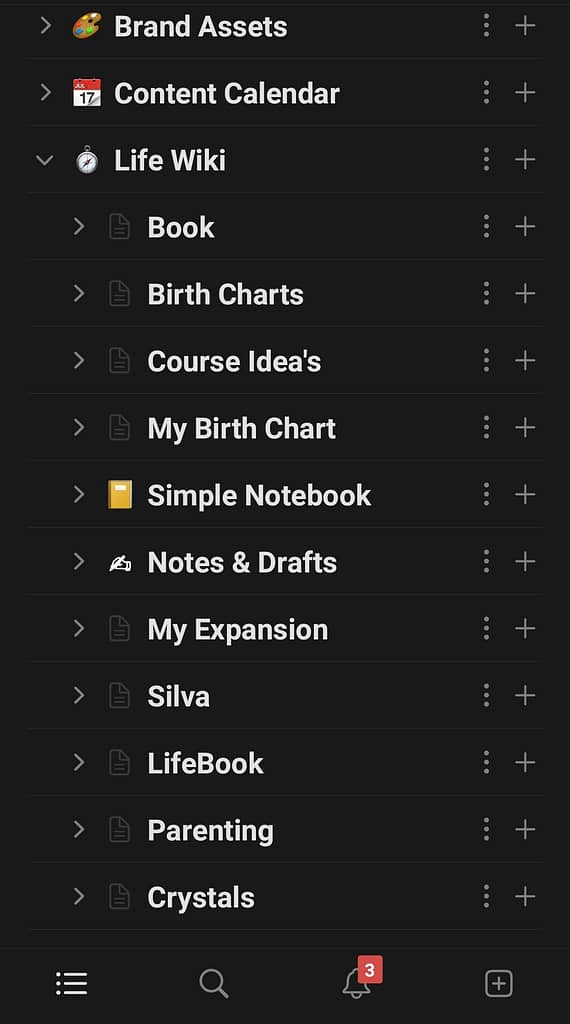

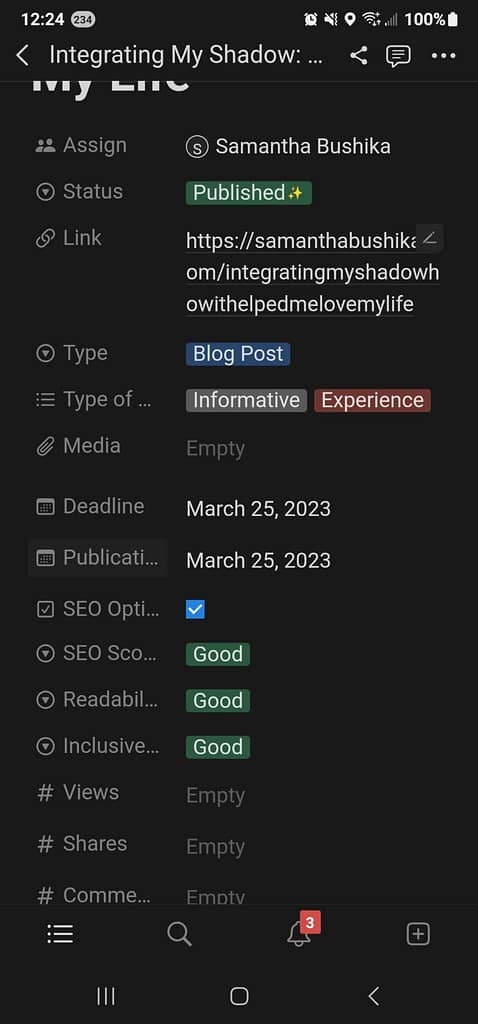
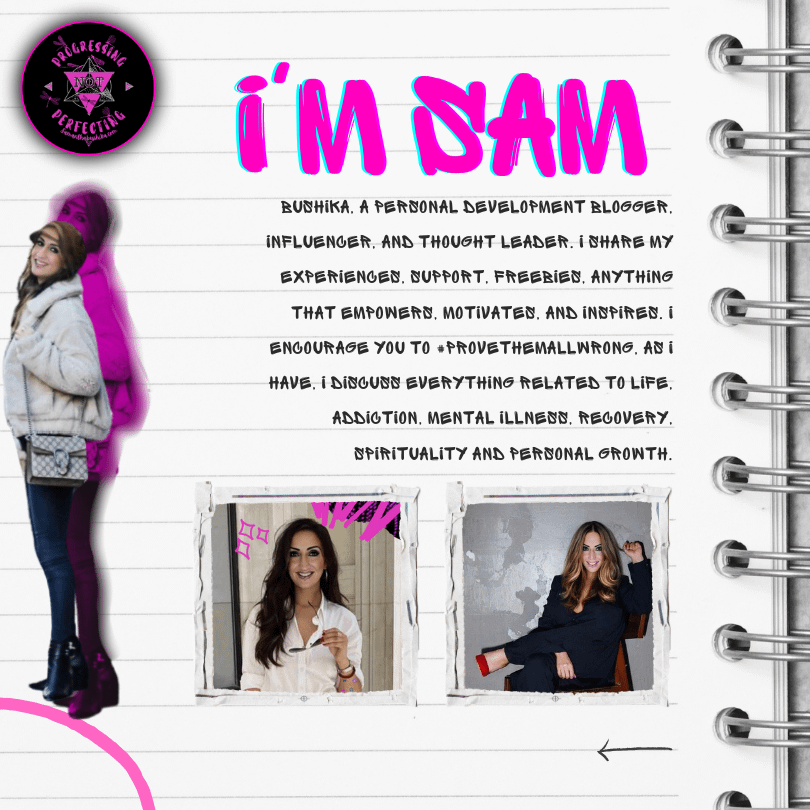
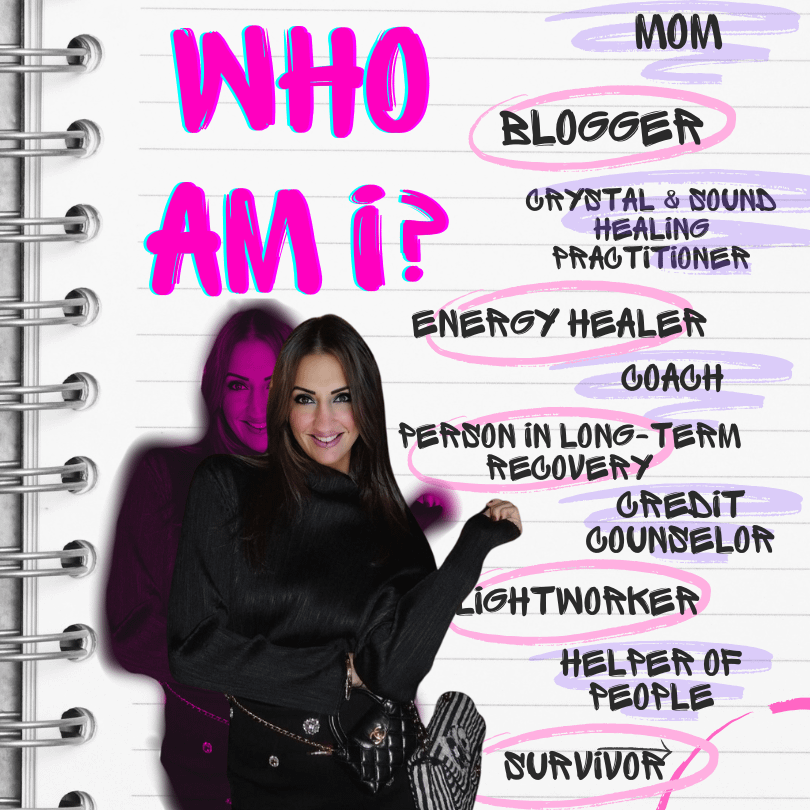

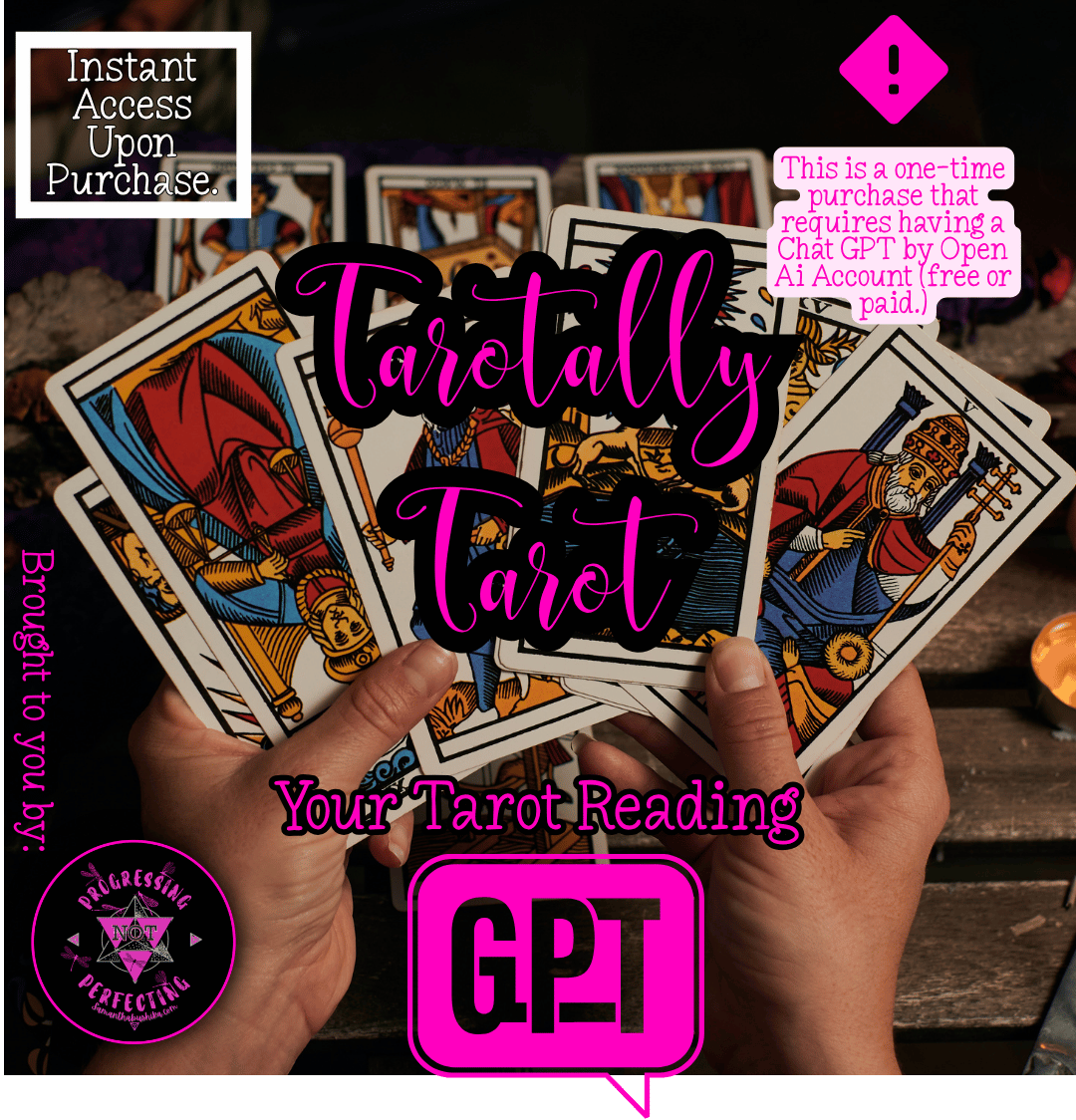
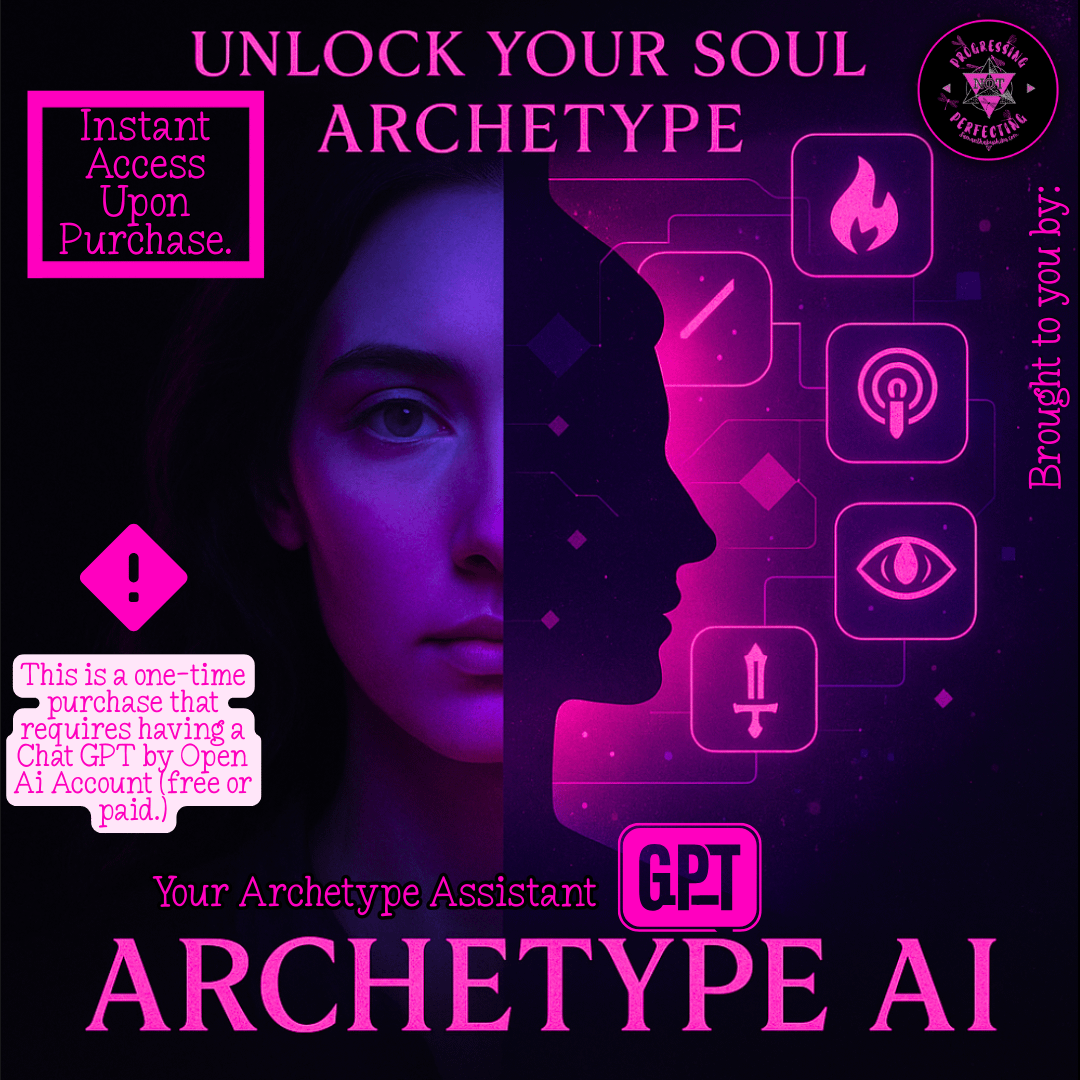
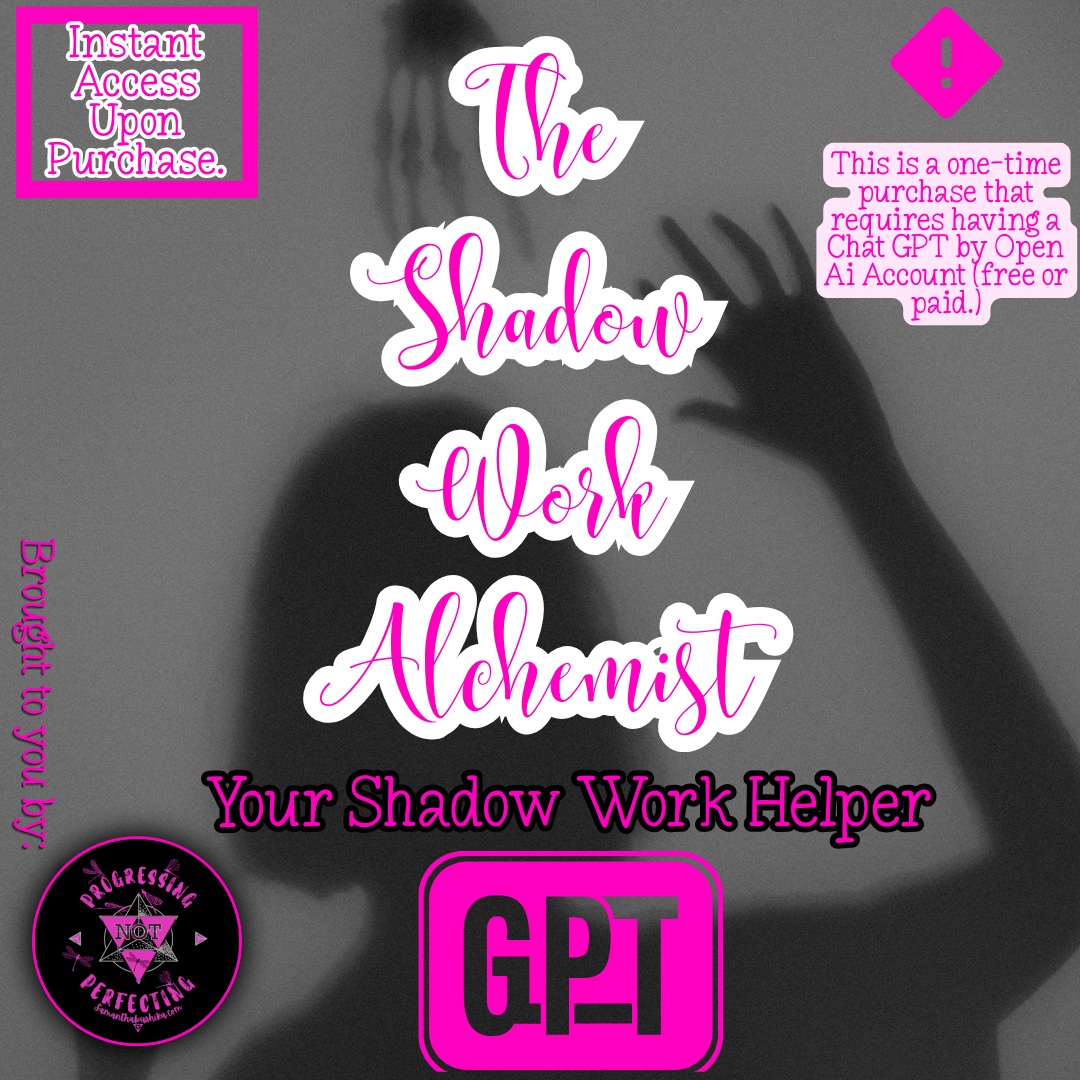
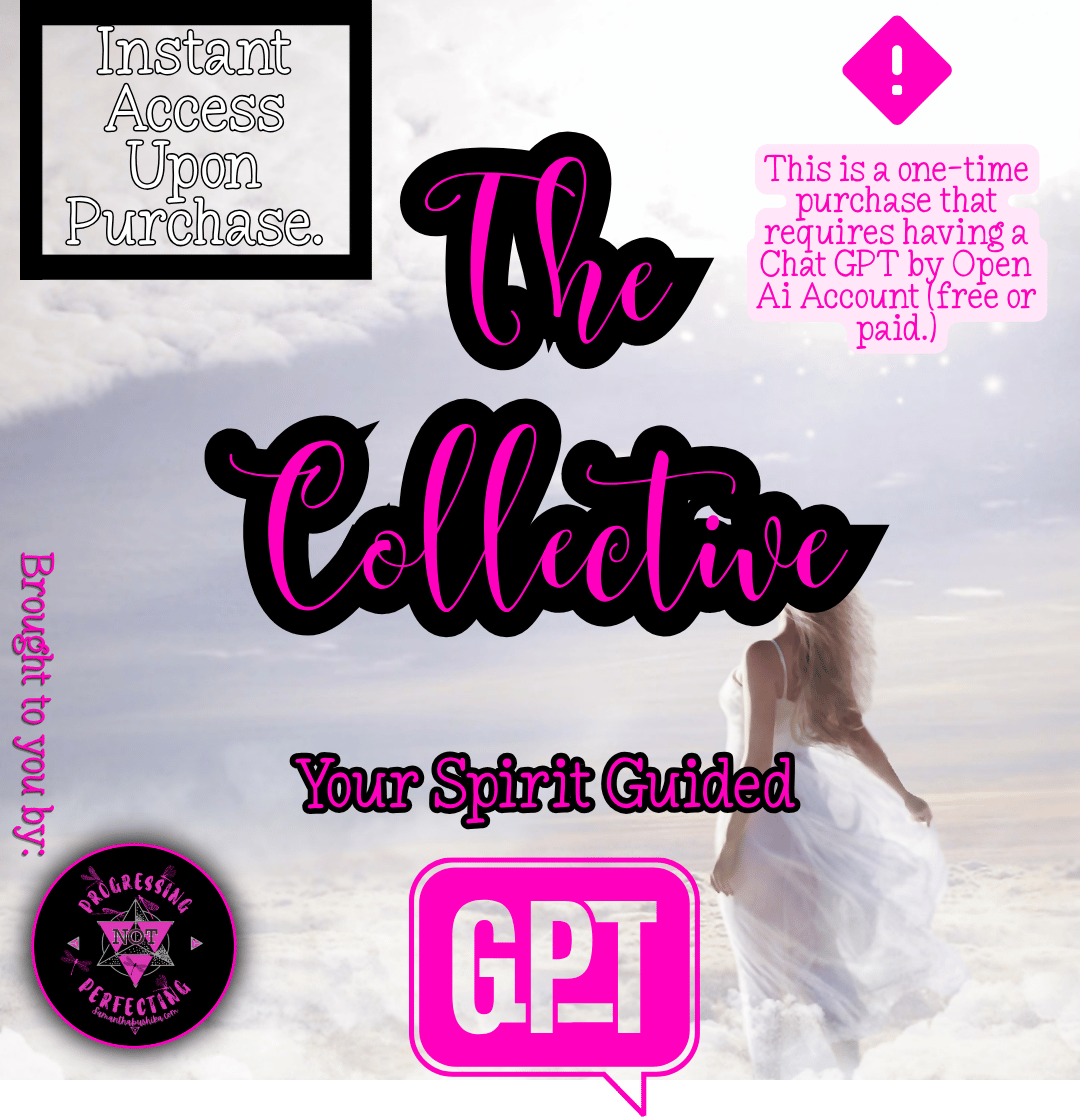


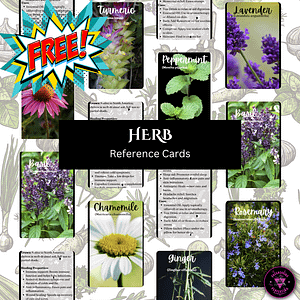





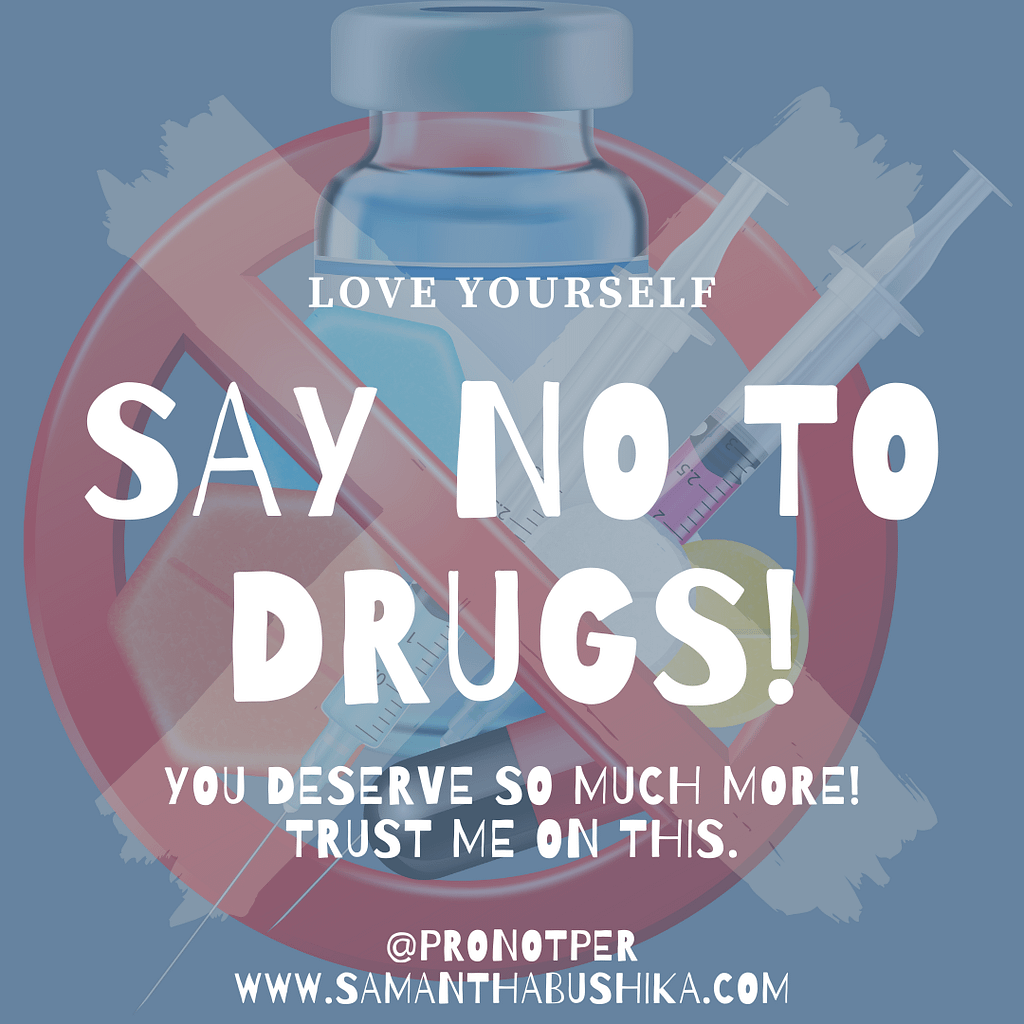
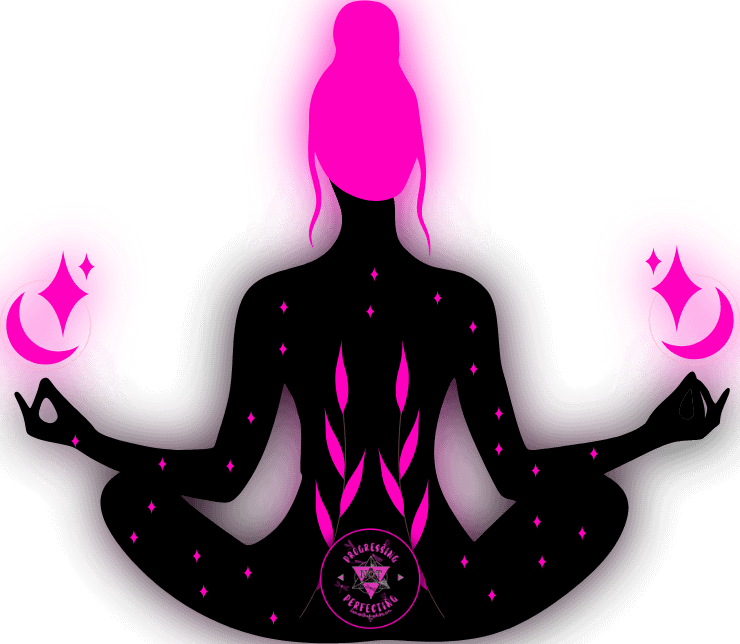
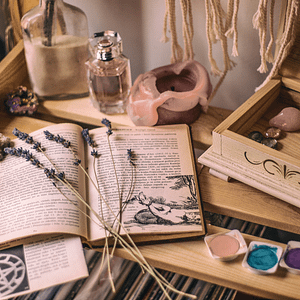
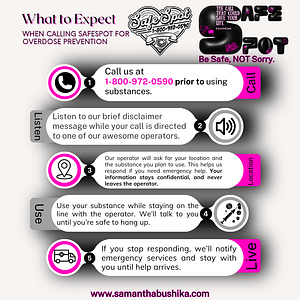

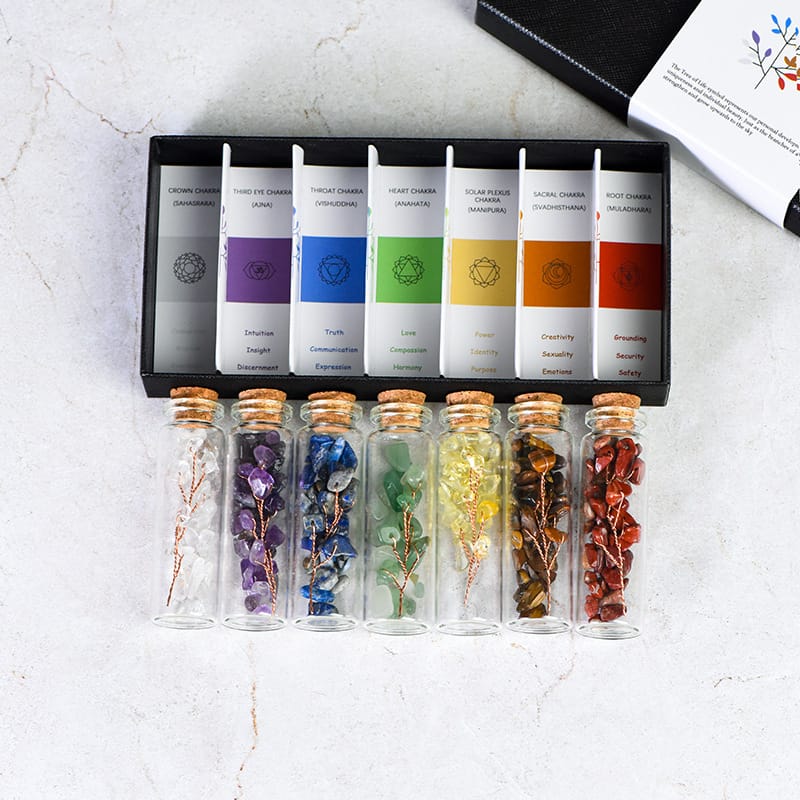
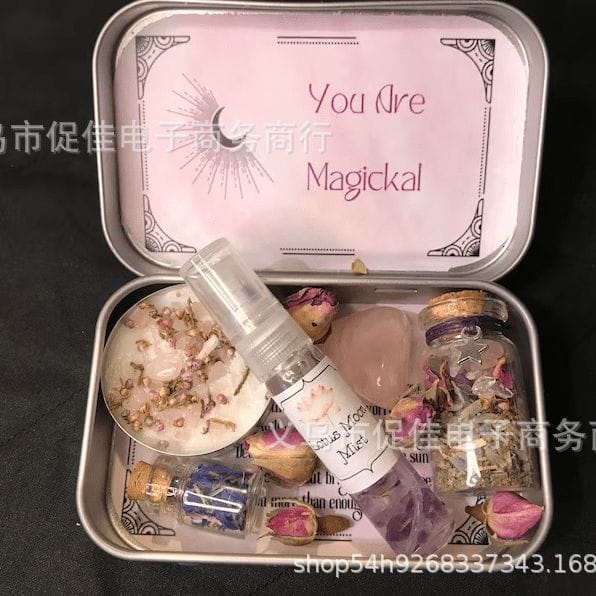
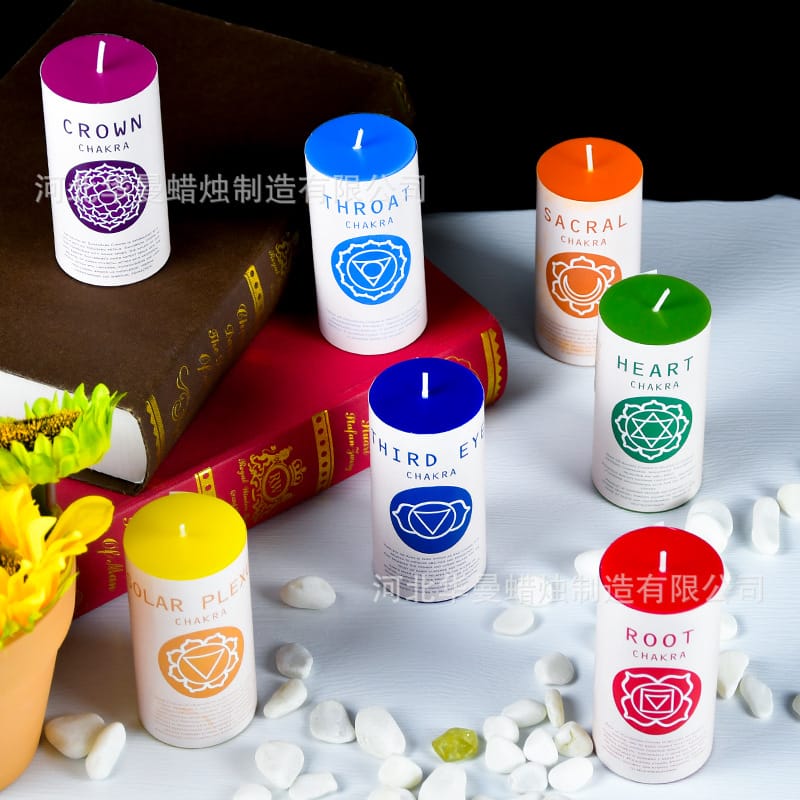
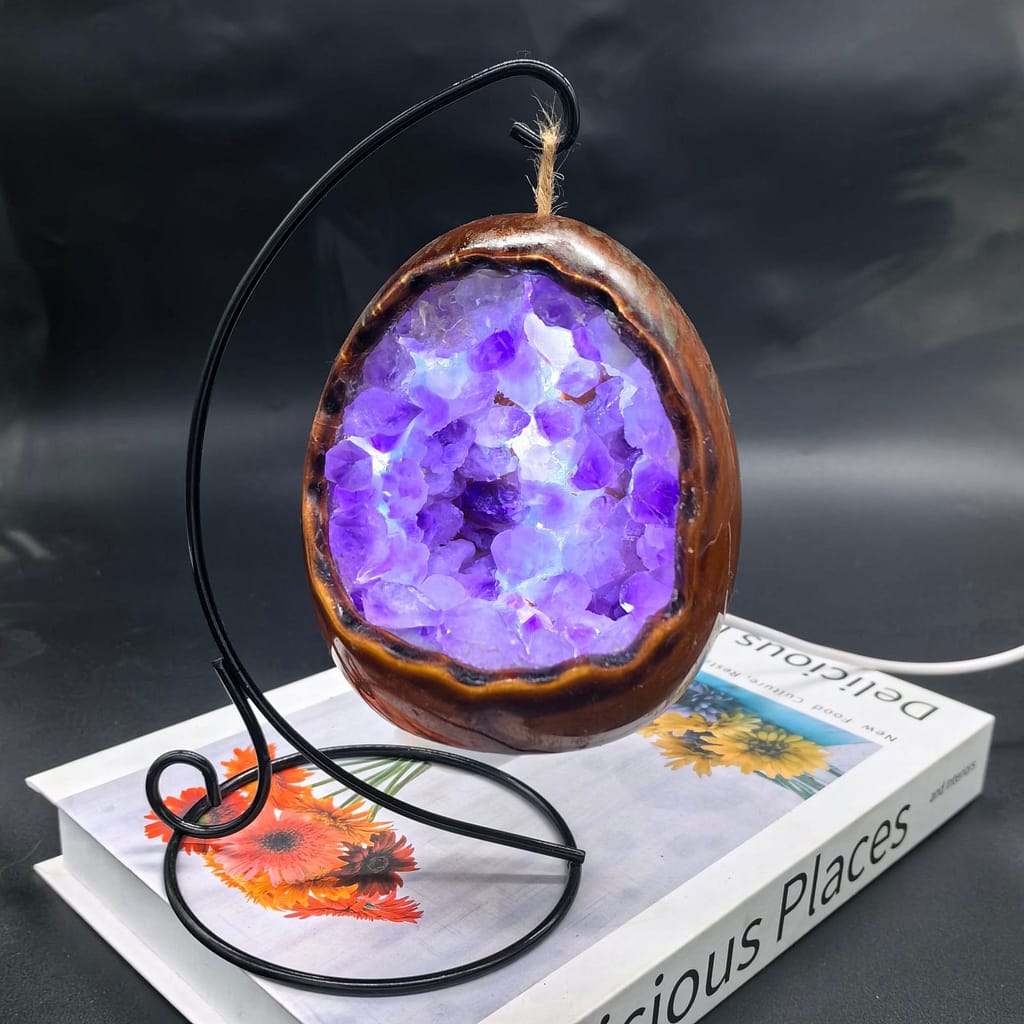
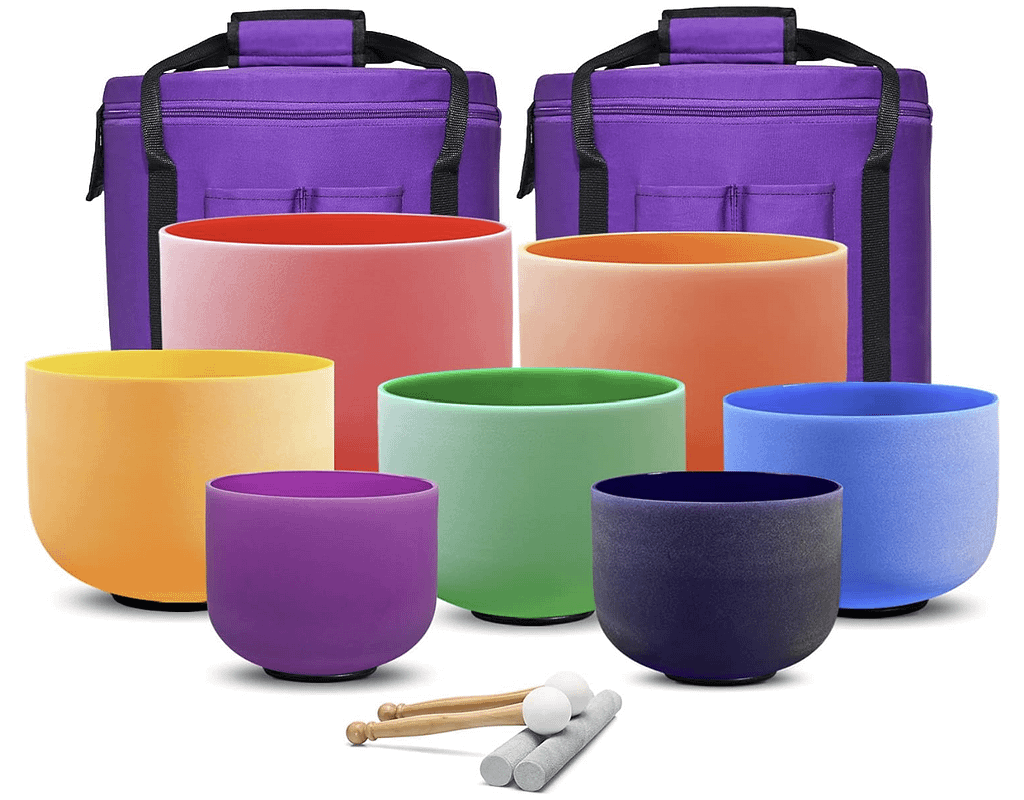
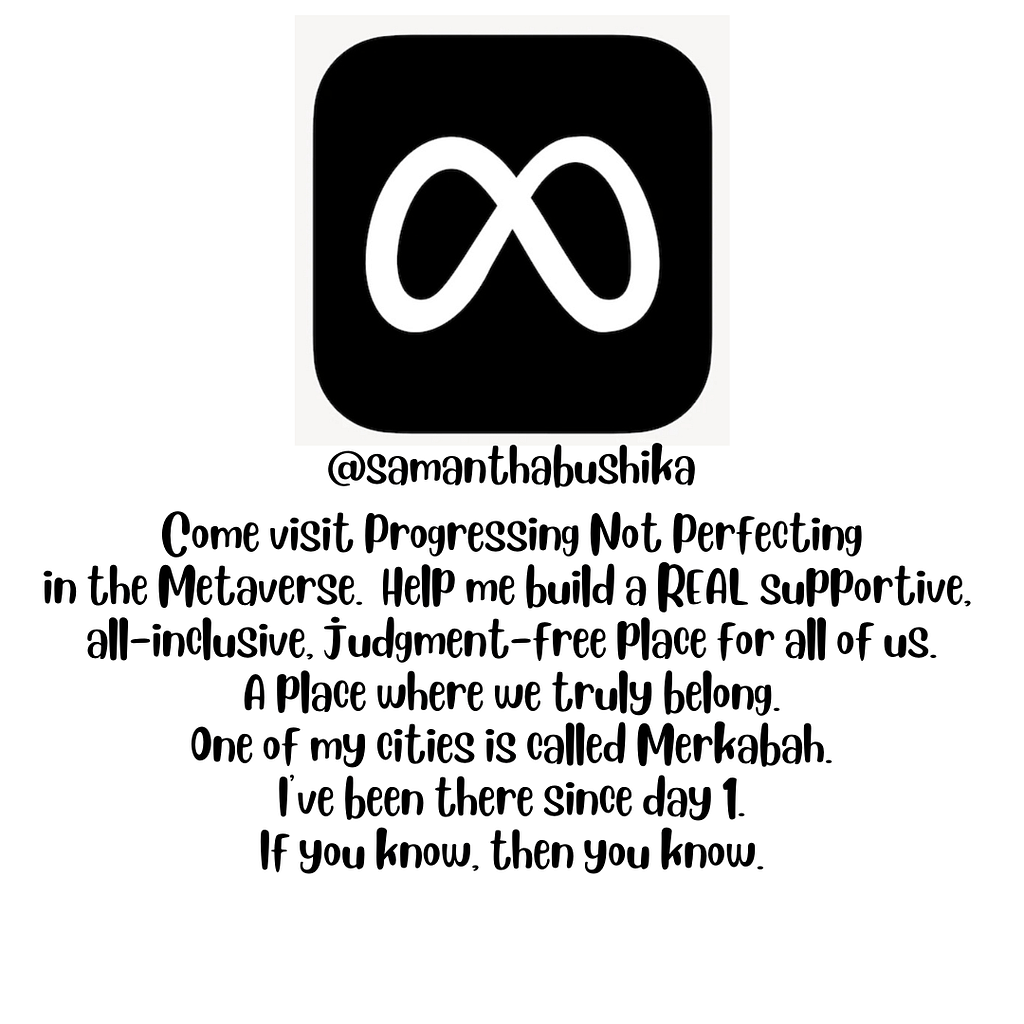
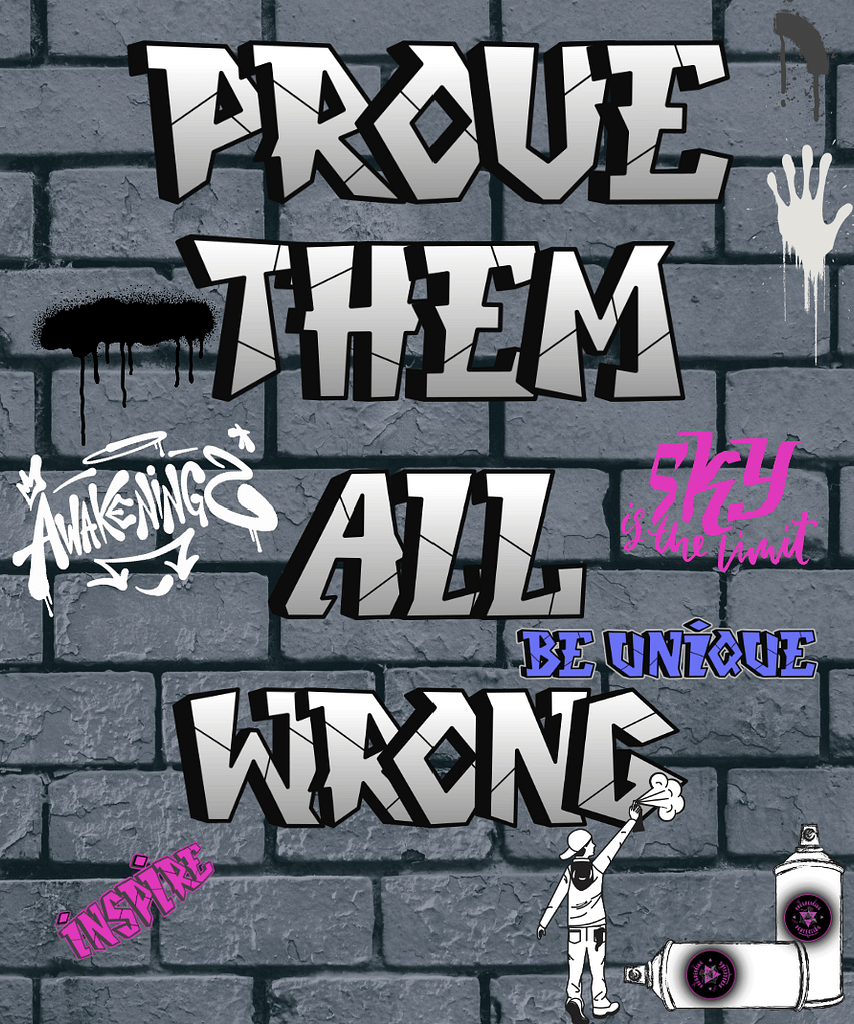
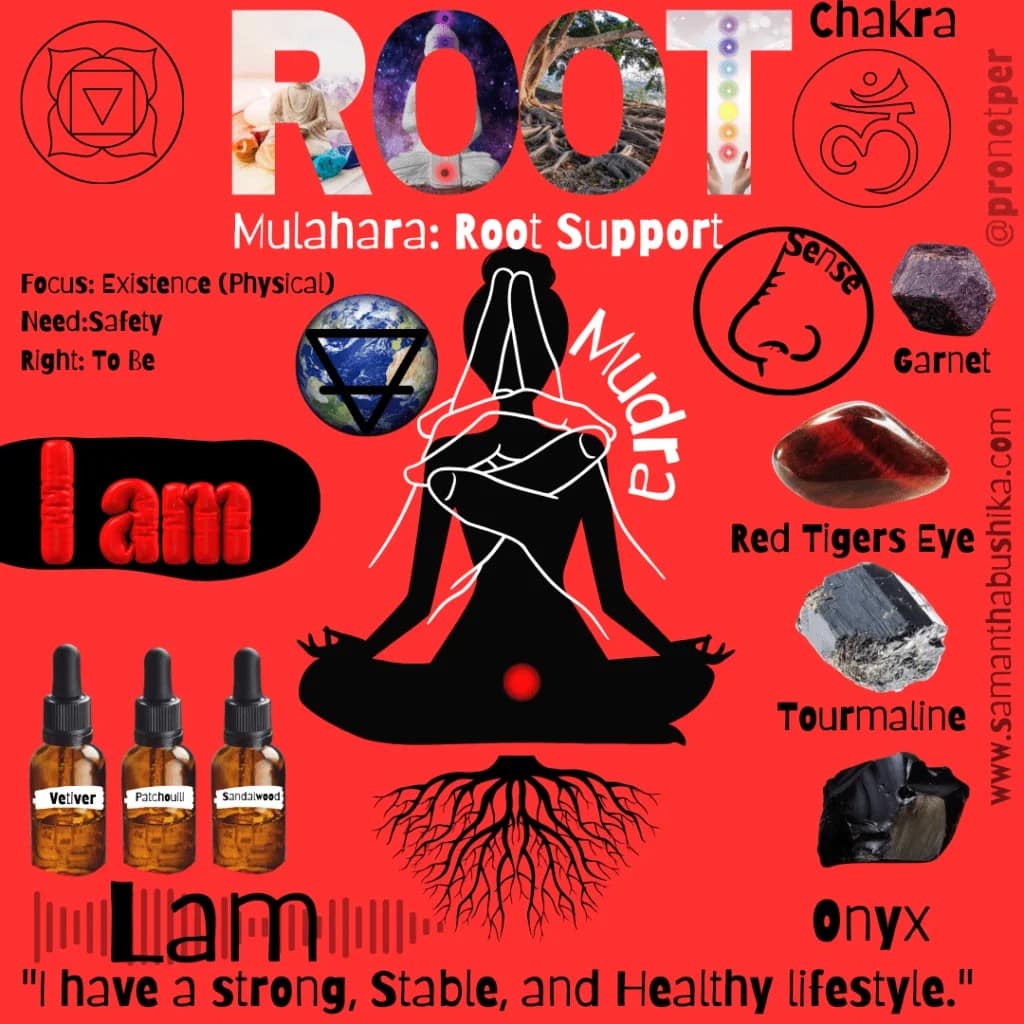

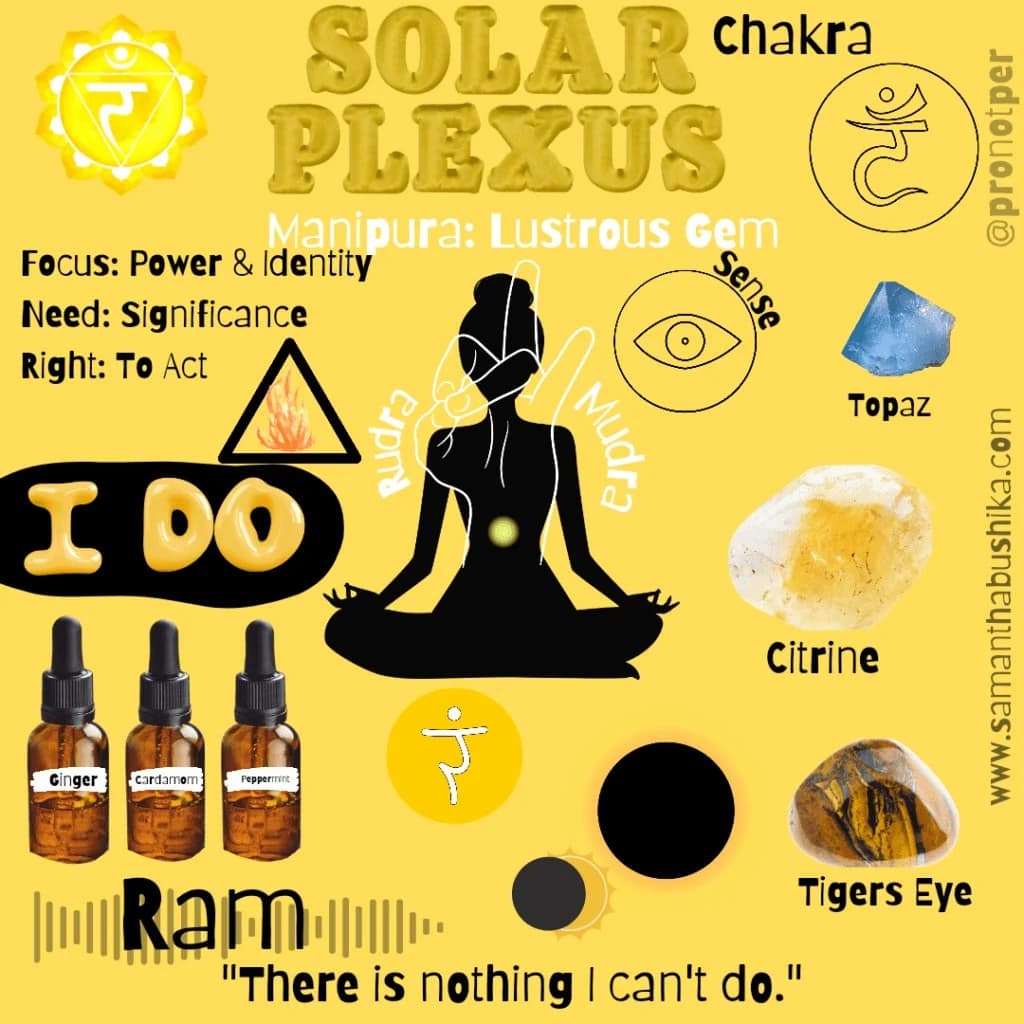
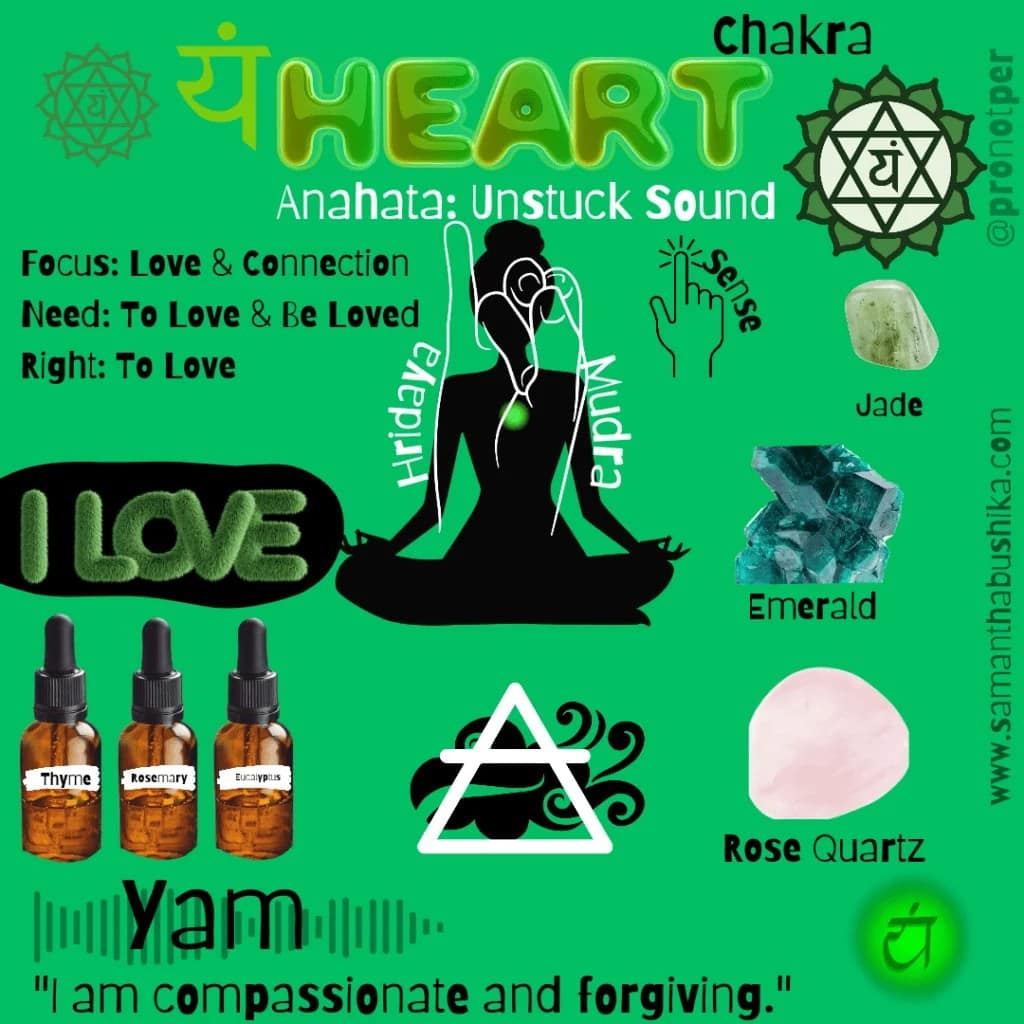
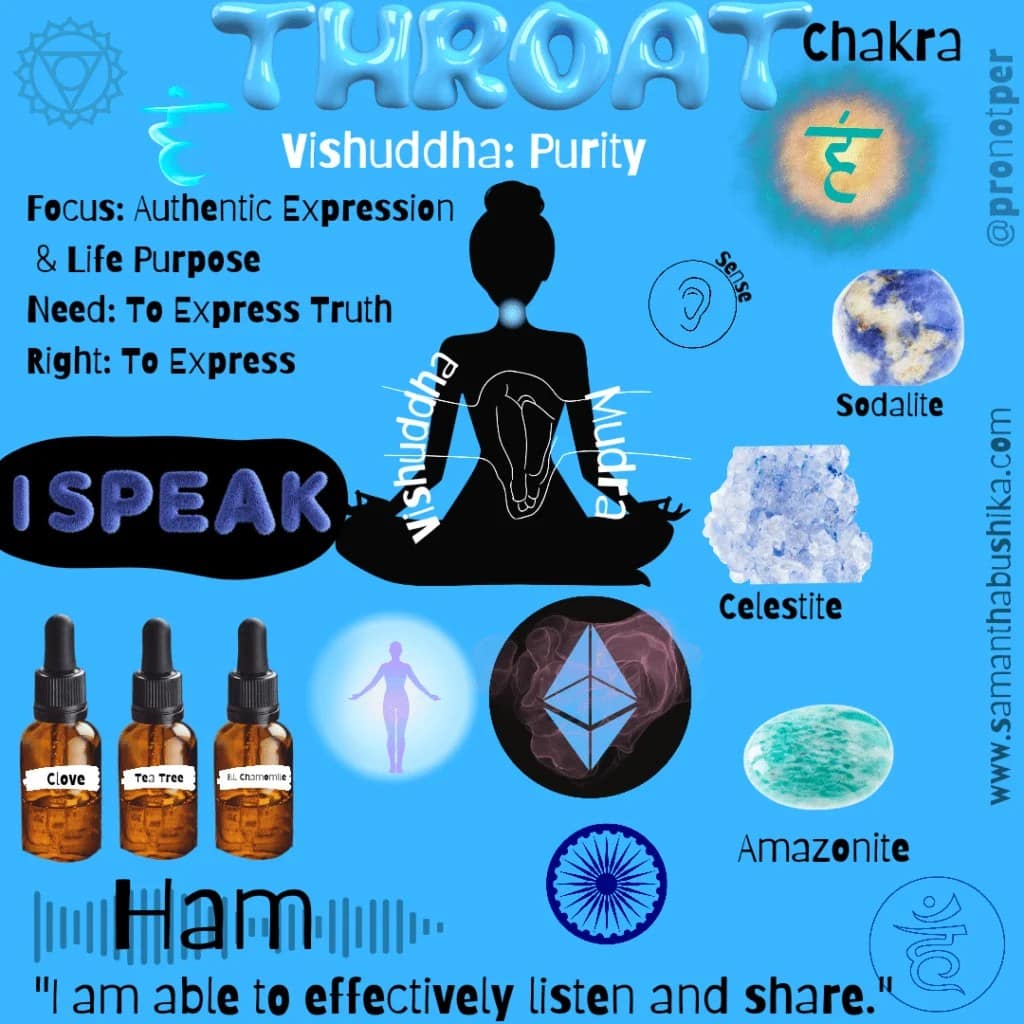
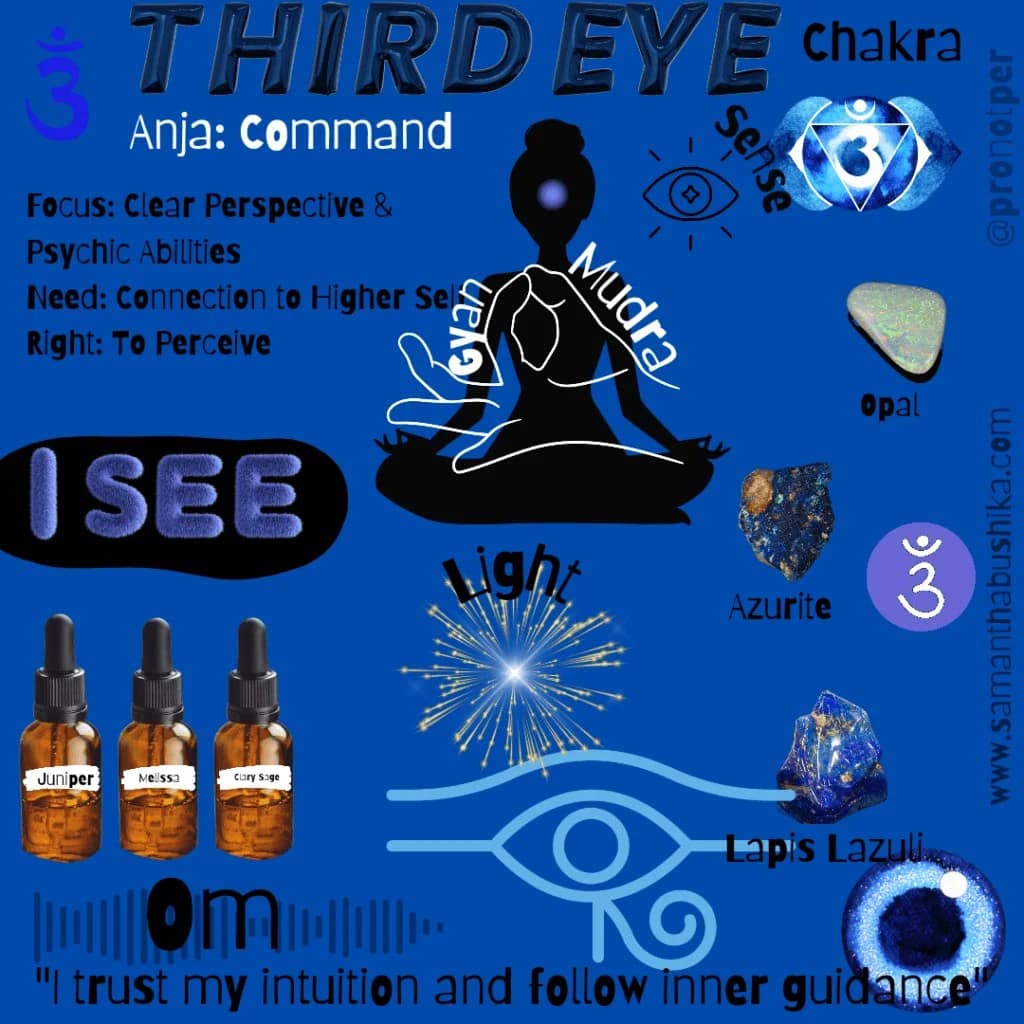
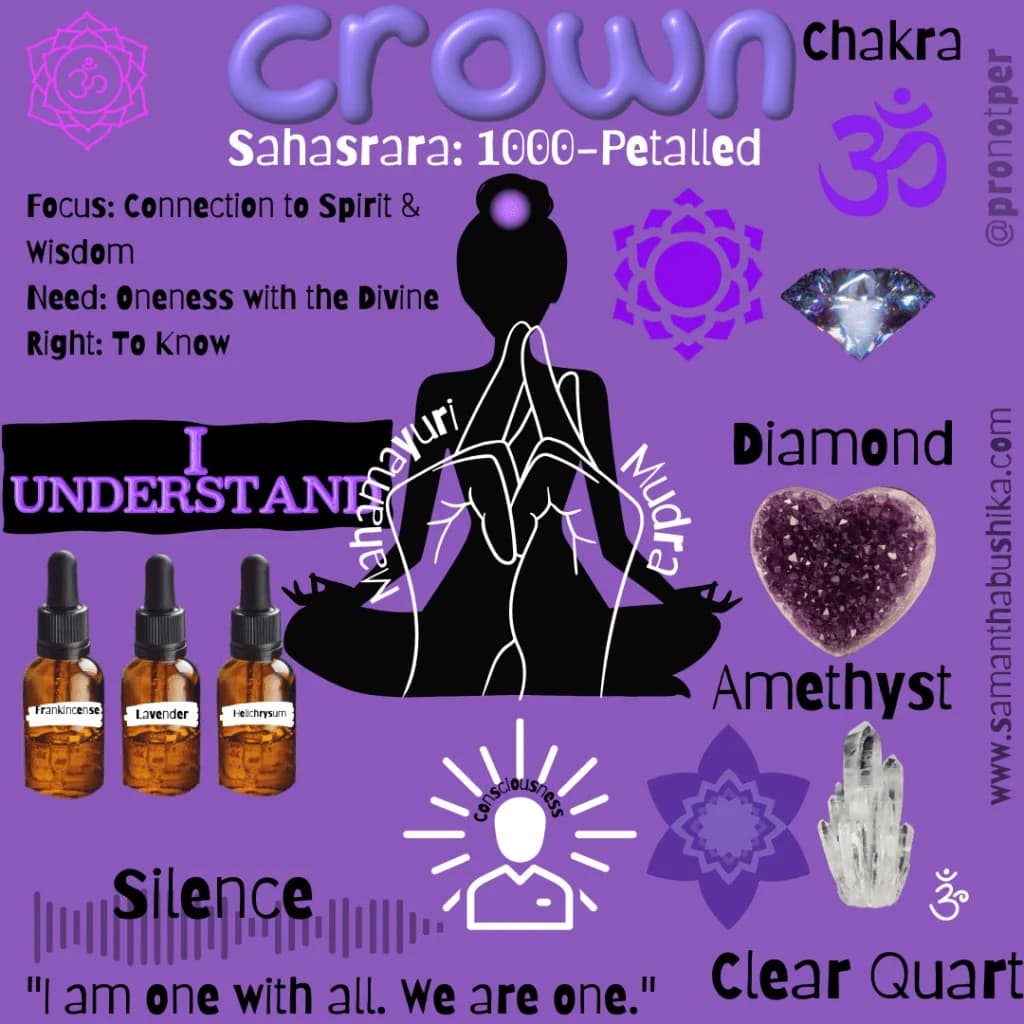
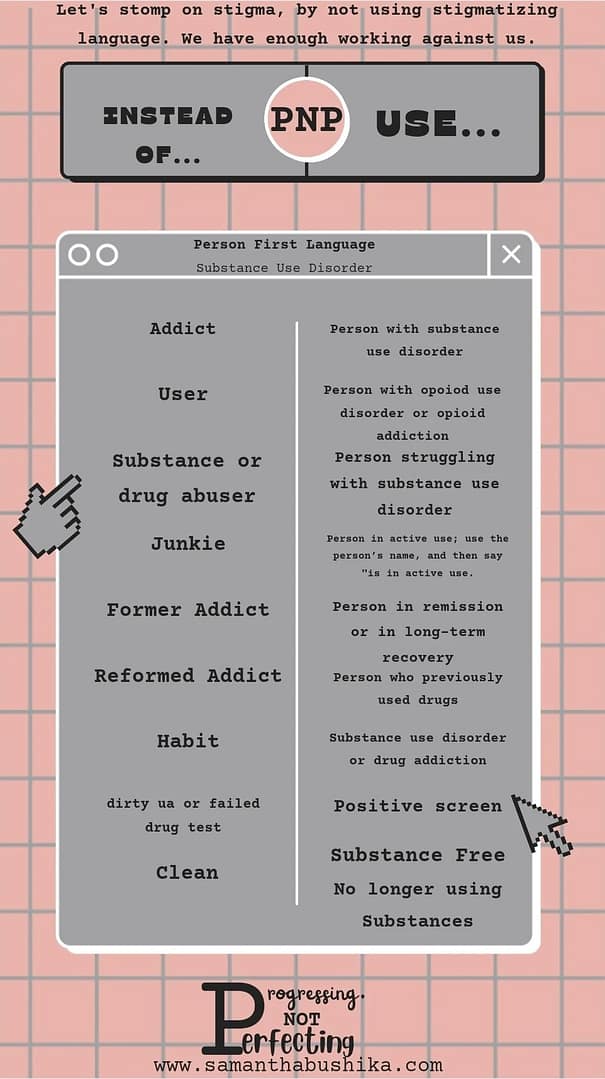

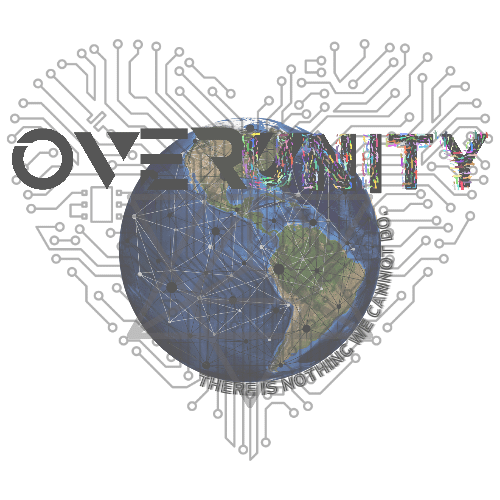
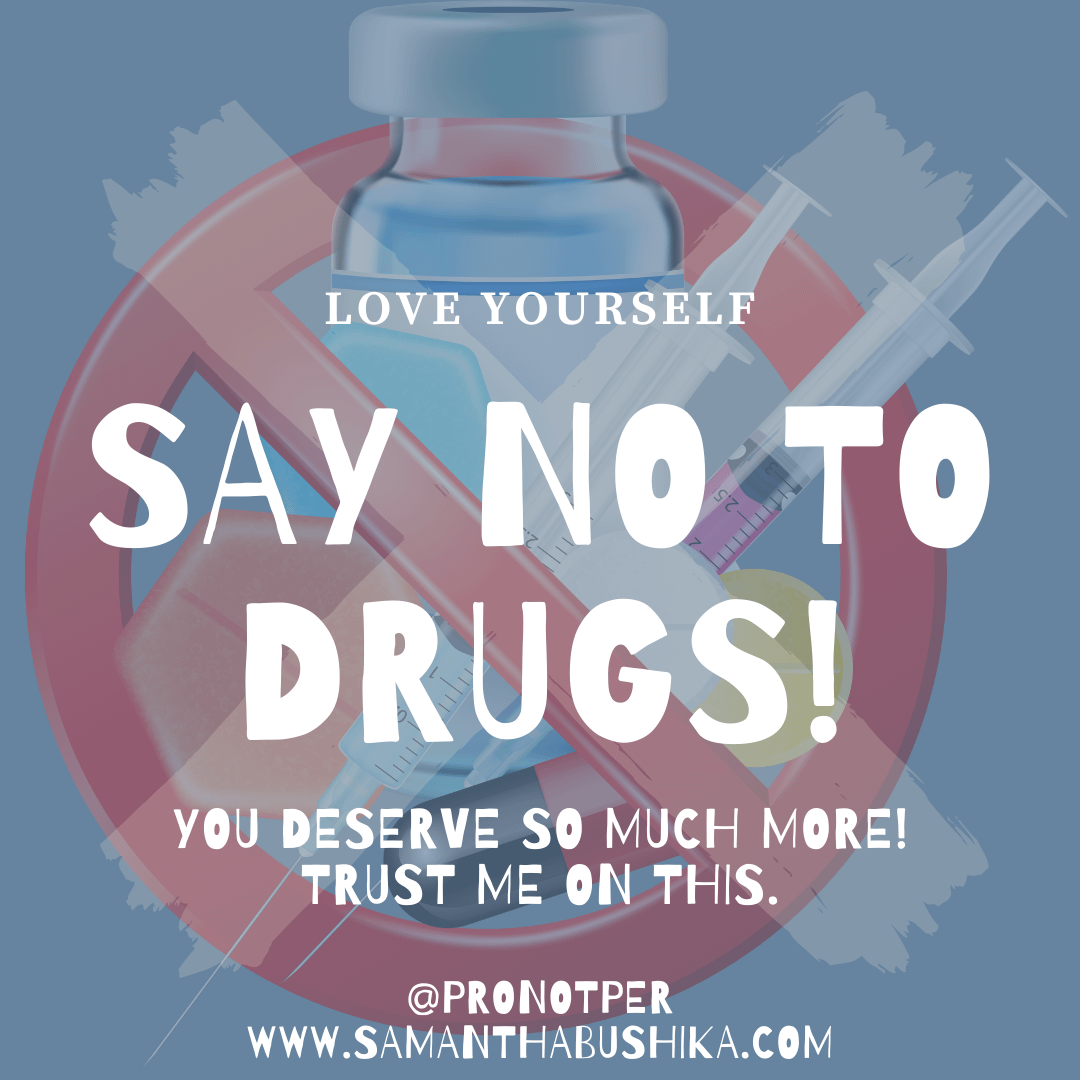
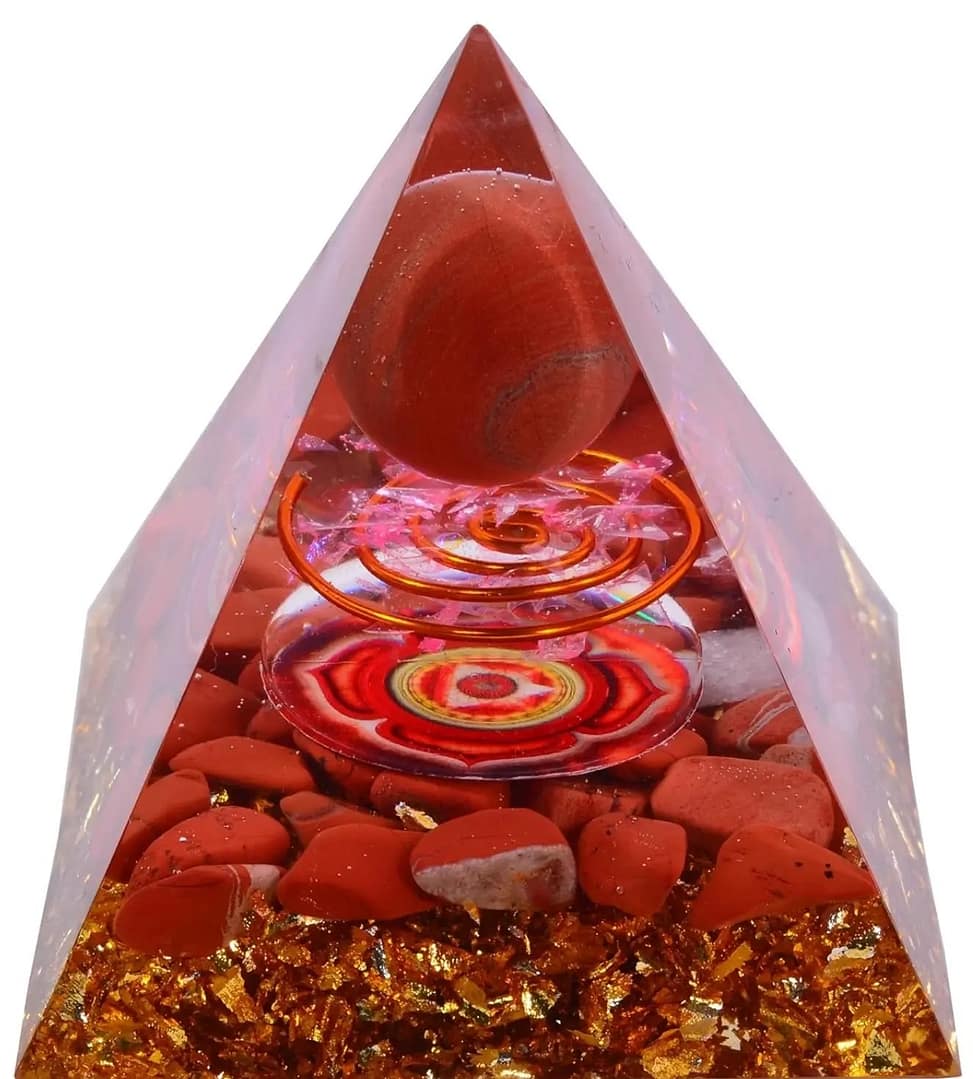

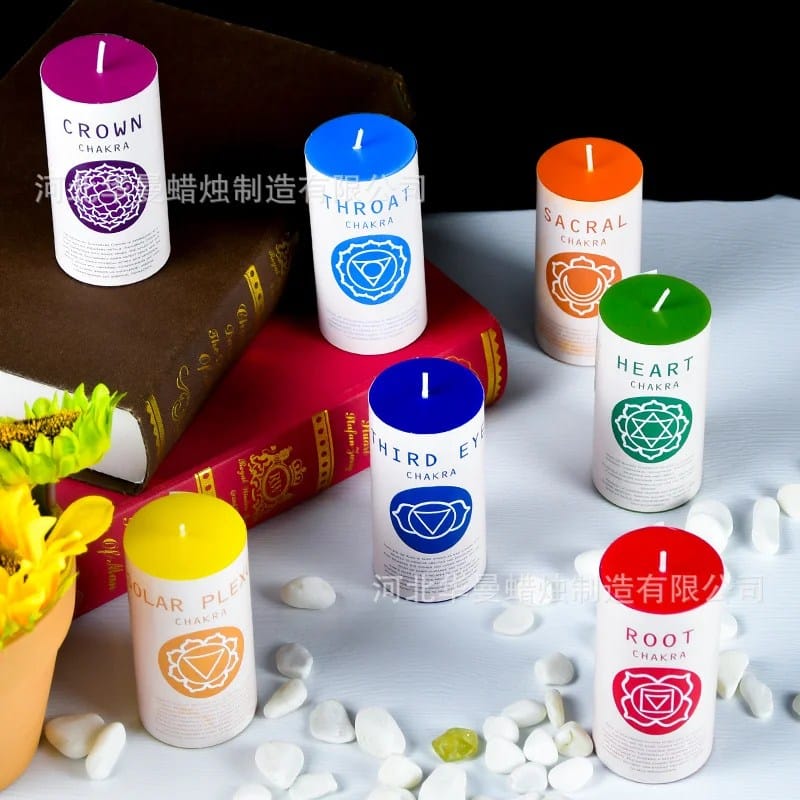

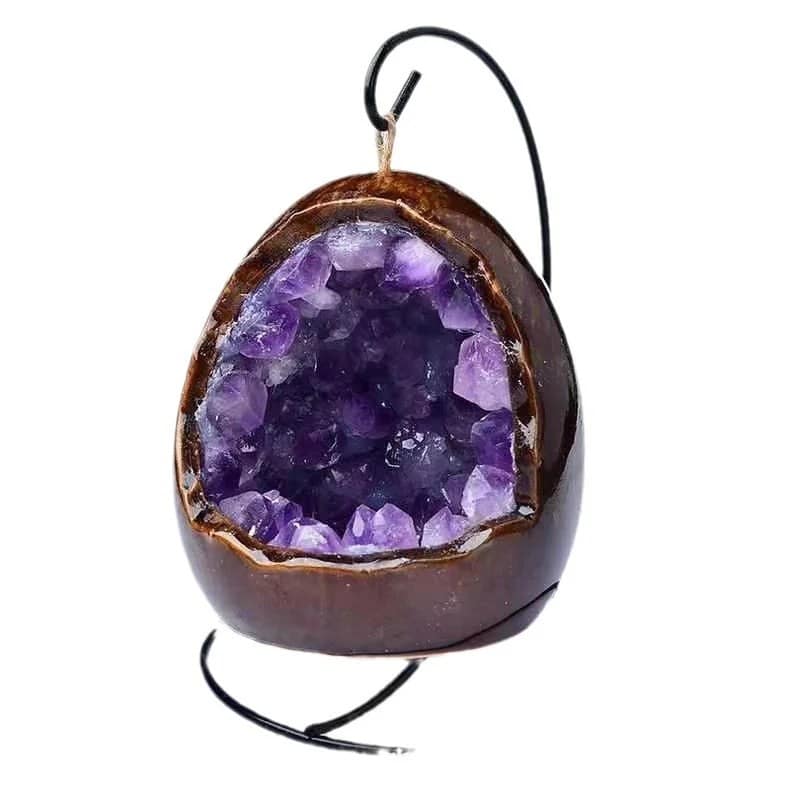
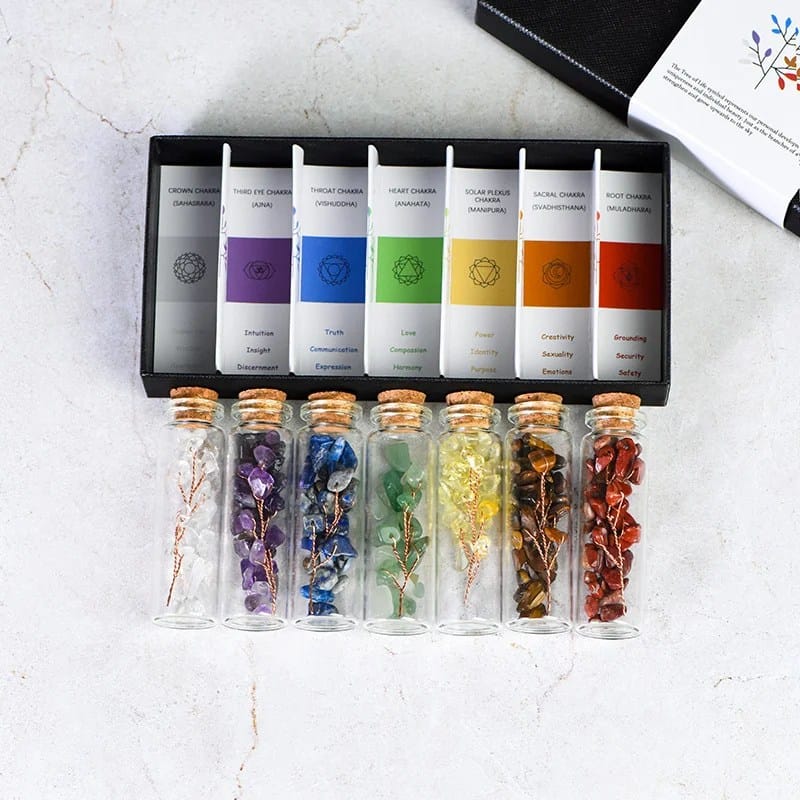
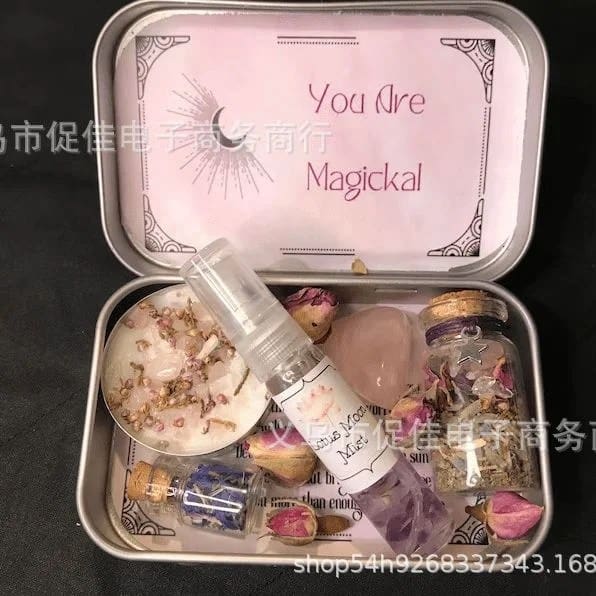












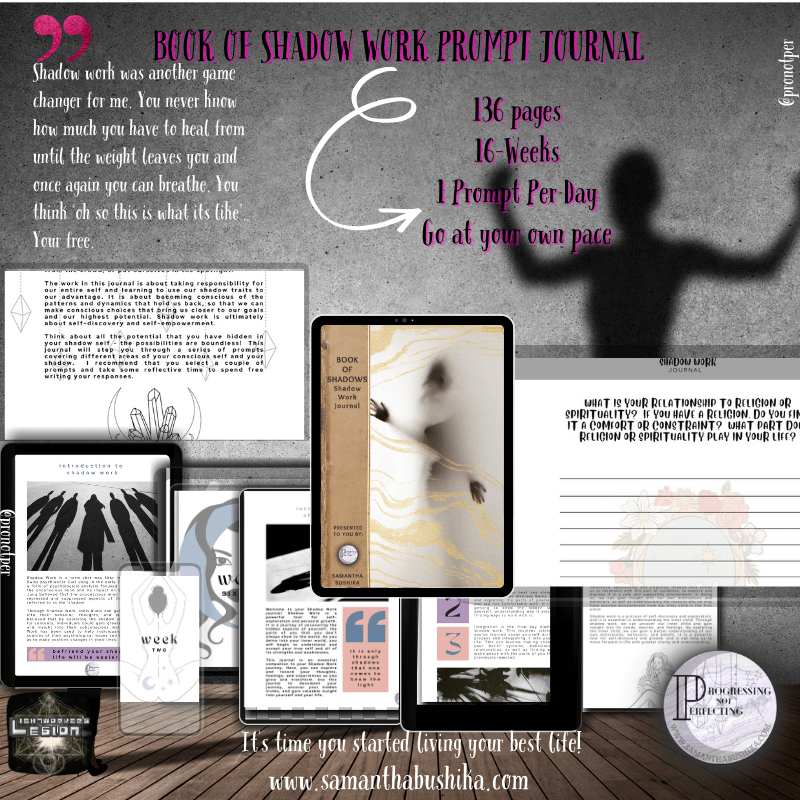
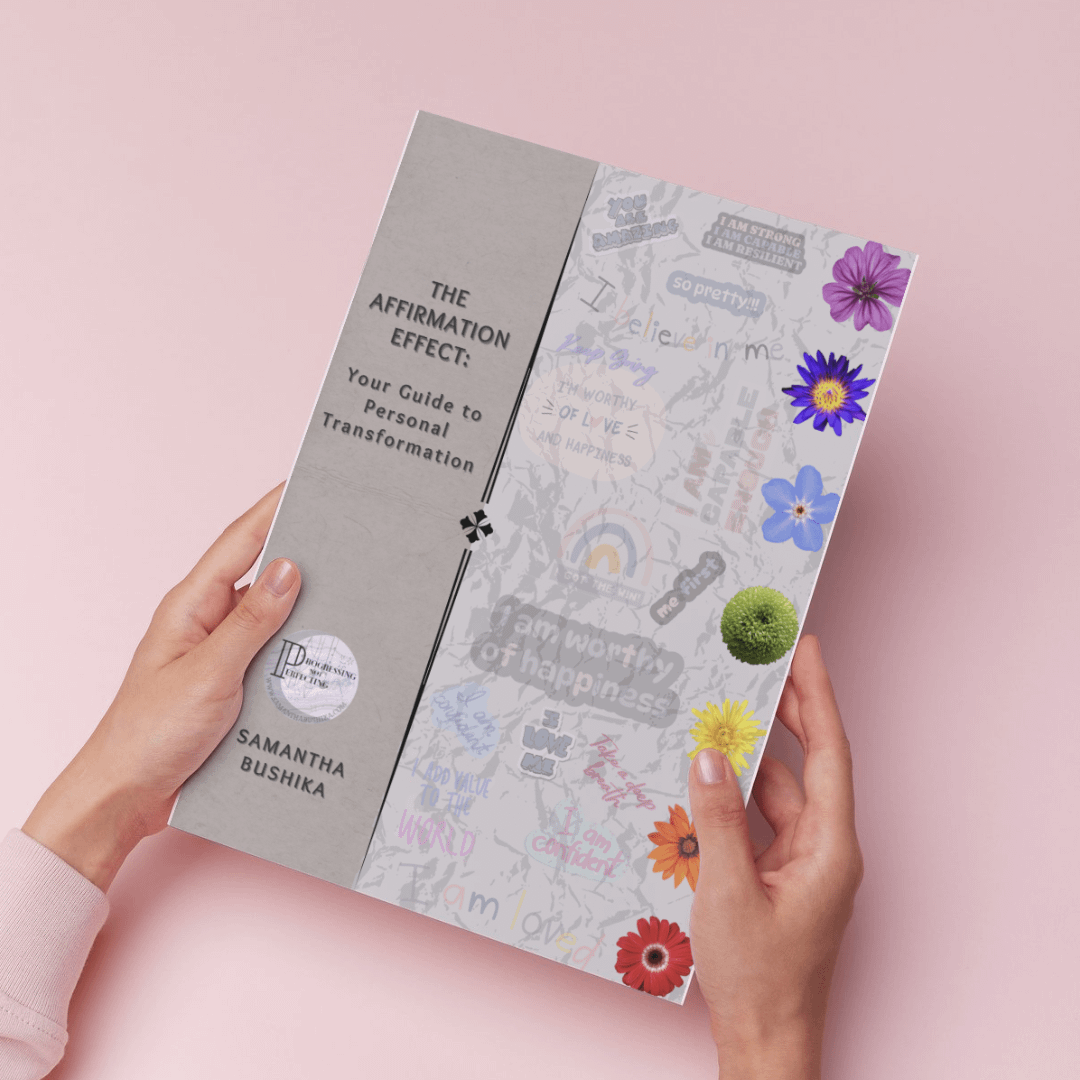
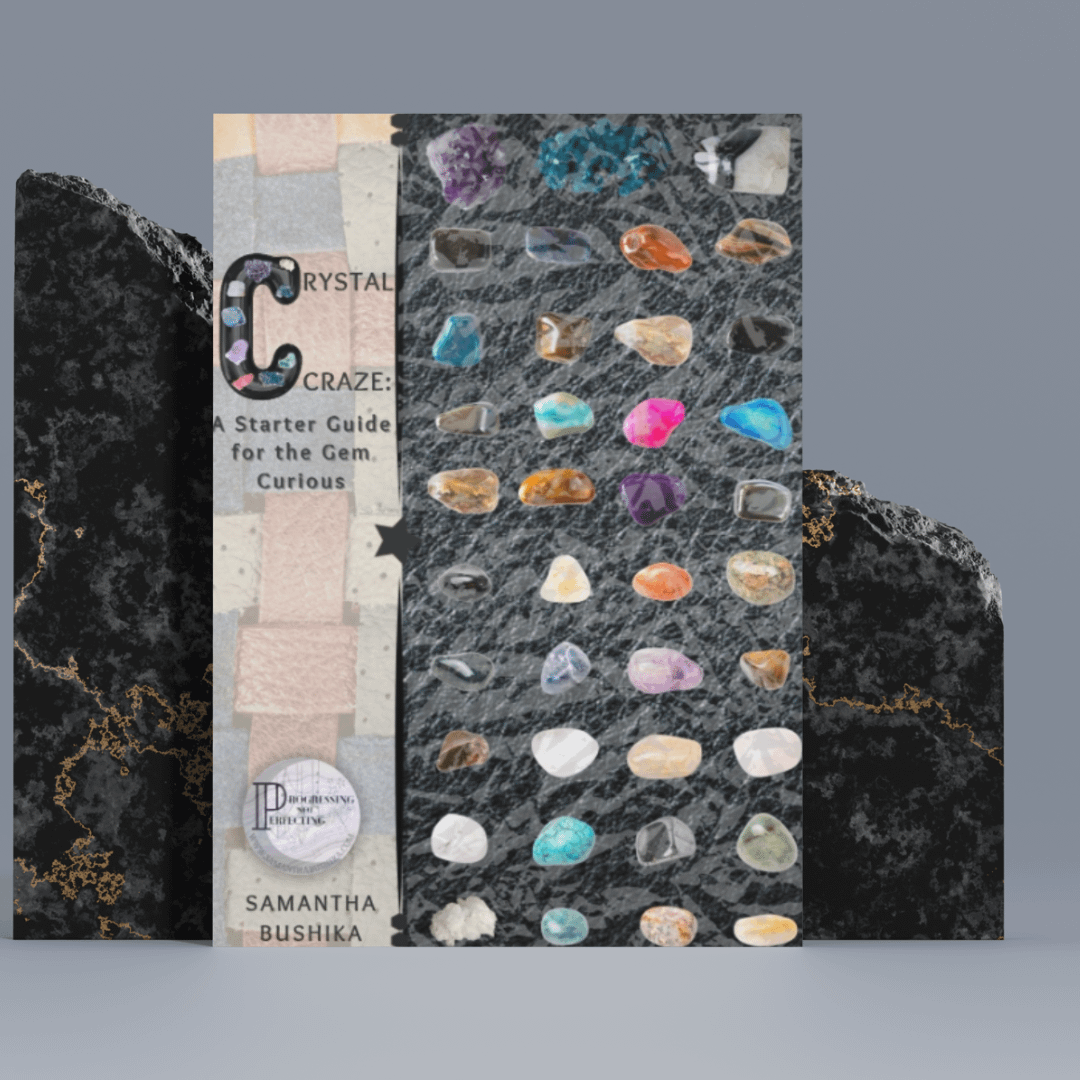
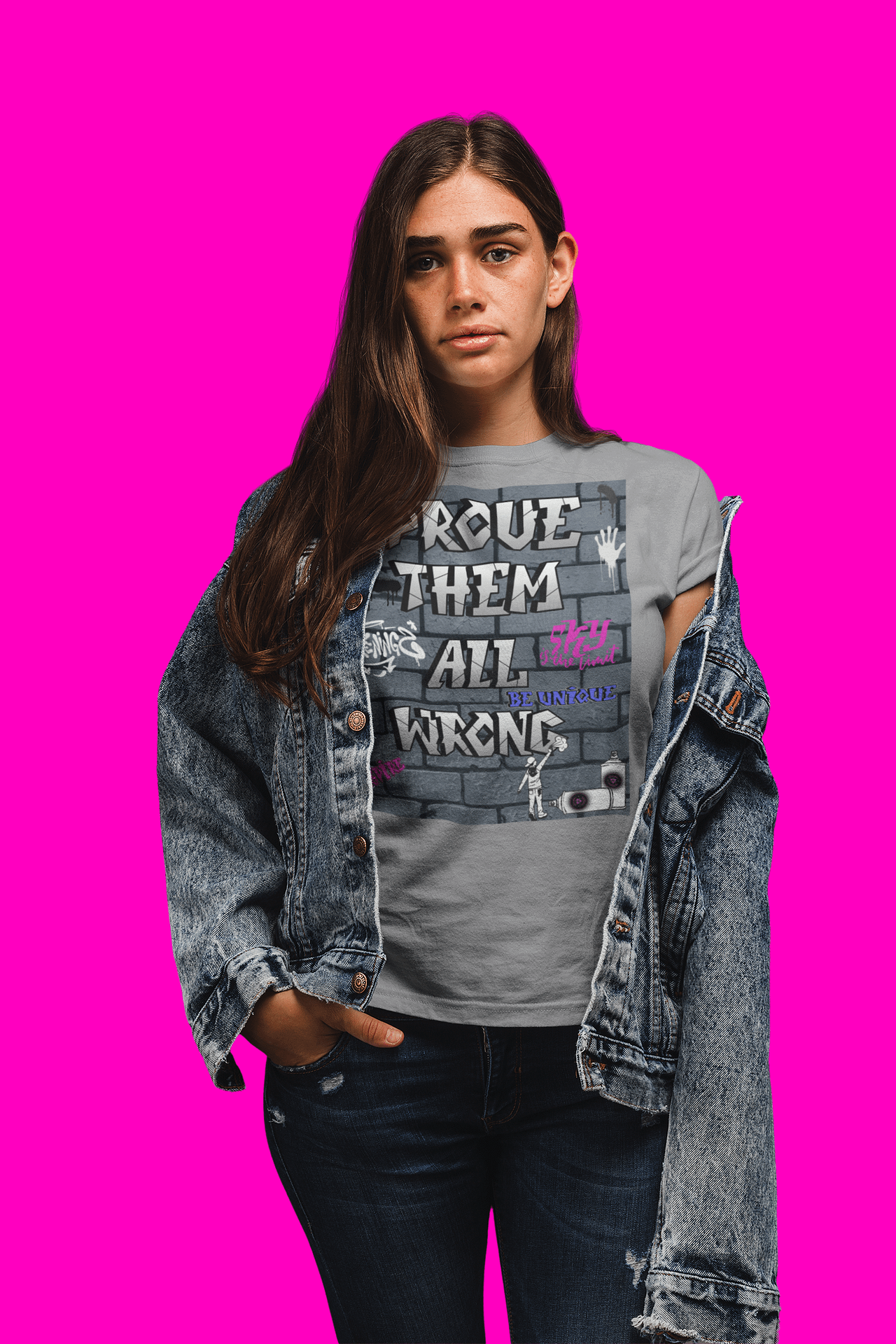



Thanks for sharing. I read many of your blog posts, cool, your blog is very good.
Thank you for your sharing. I am worried that I lack creative ideas. It is your article that makes me full of hope. Thank you. But, I have a question, can you help me?